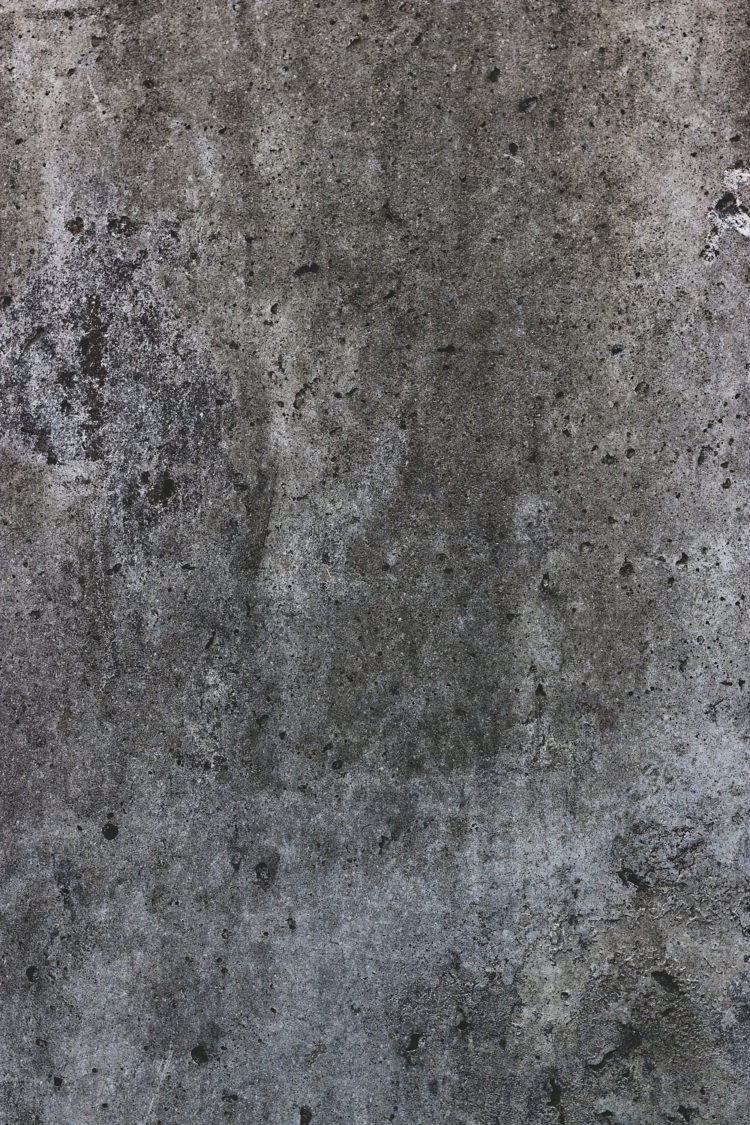Unlike integrating a brand-new pattern or paint shade, adding appearance to an existing wall surface can be a much more neutral means to transform a space without completely starting from scratch.
Historically, the practice has actually been to apply joint compound (or drywall) with differing application strategies to develop wall surface structure. In the 1970s and 1980s, property owners started utilizing skip trowel as well as knockdown appearances to affordably emulate stucco coatings in a nod to Spanish Colonial (Mission Revival) design.
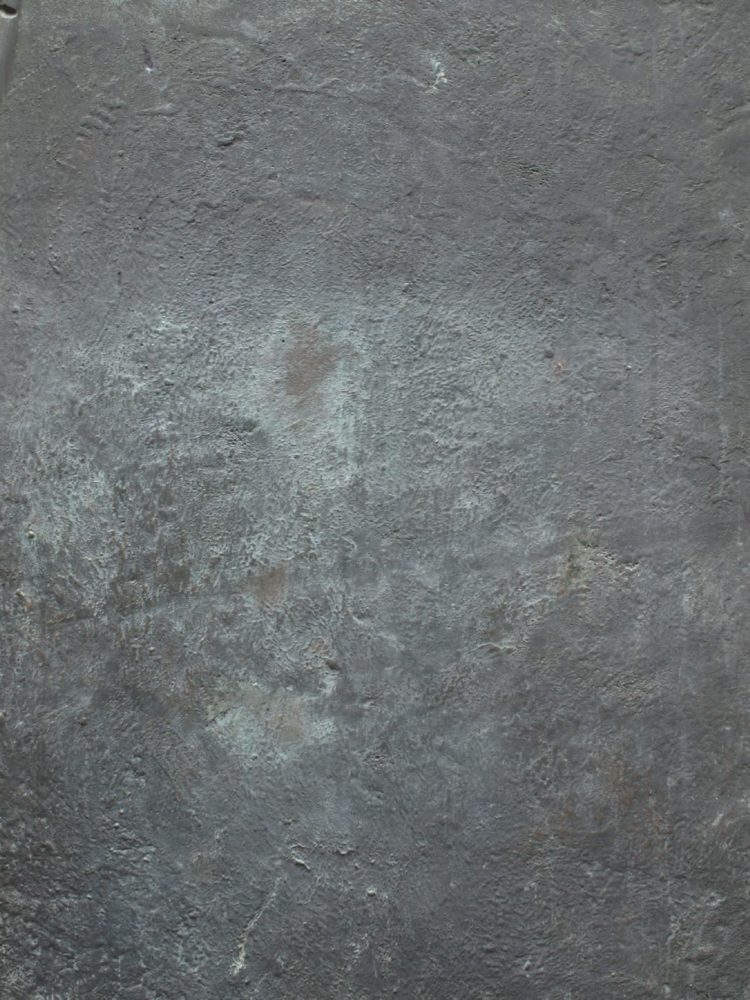
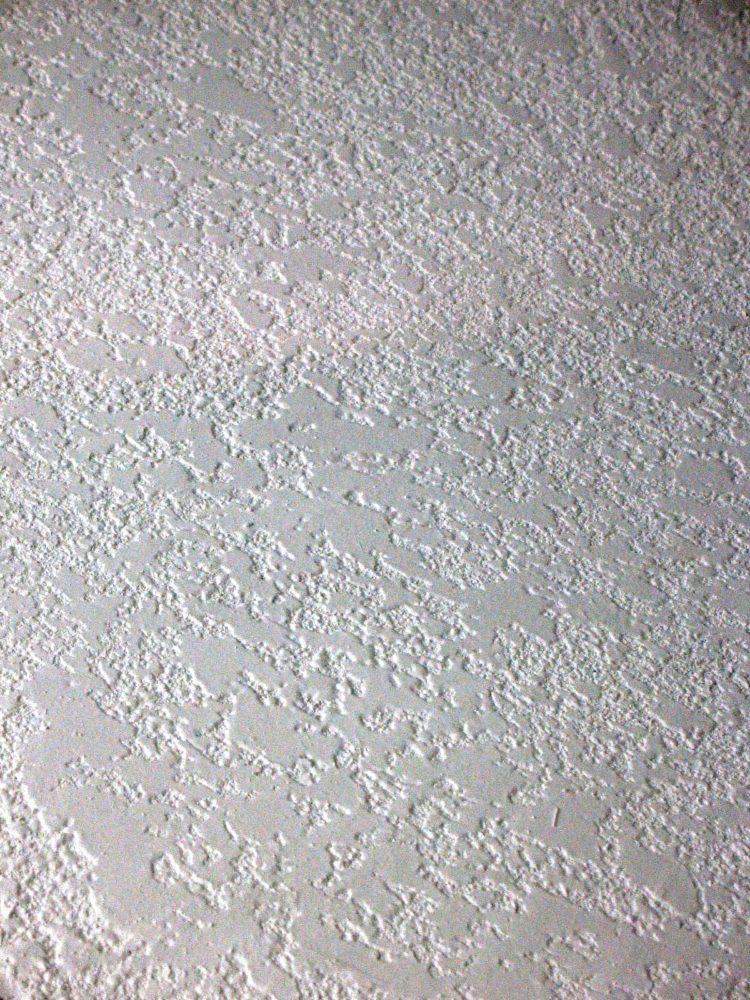
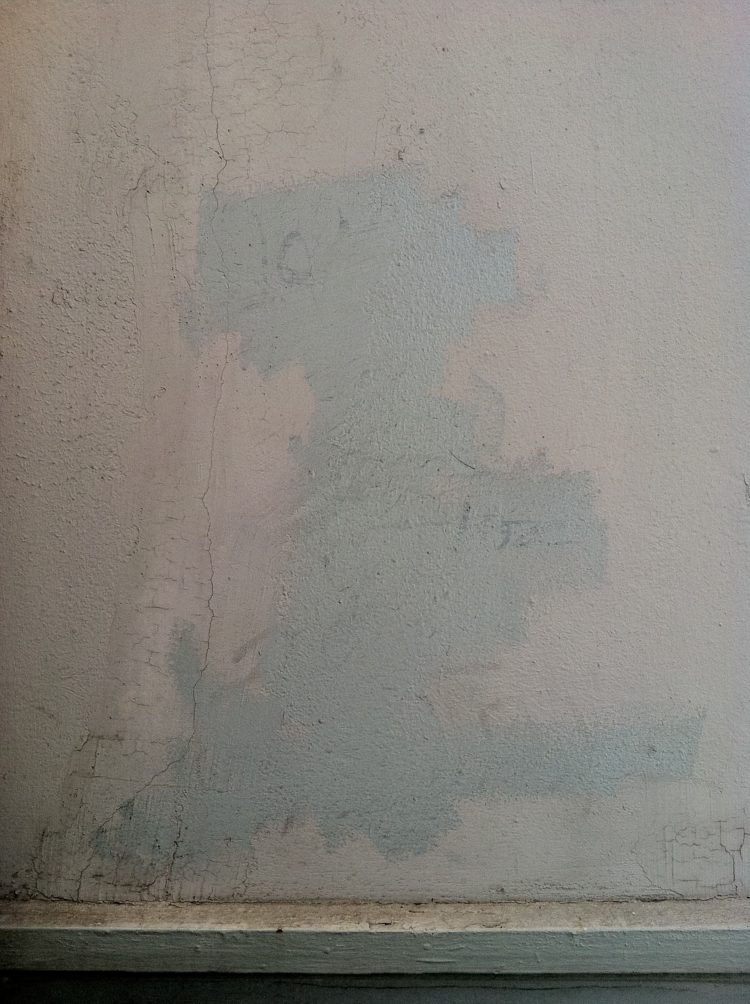
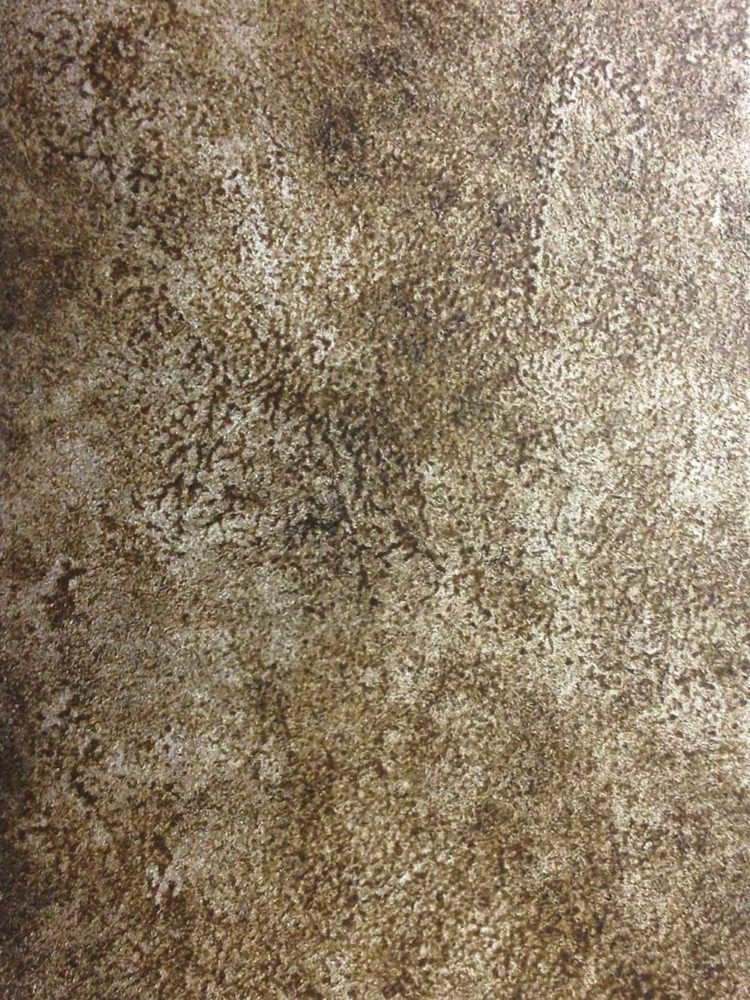
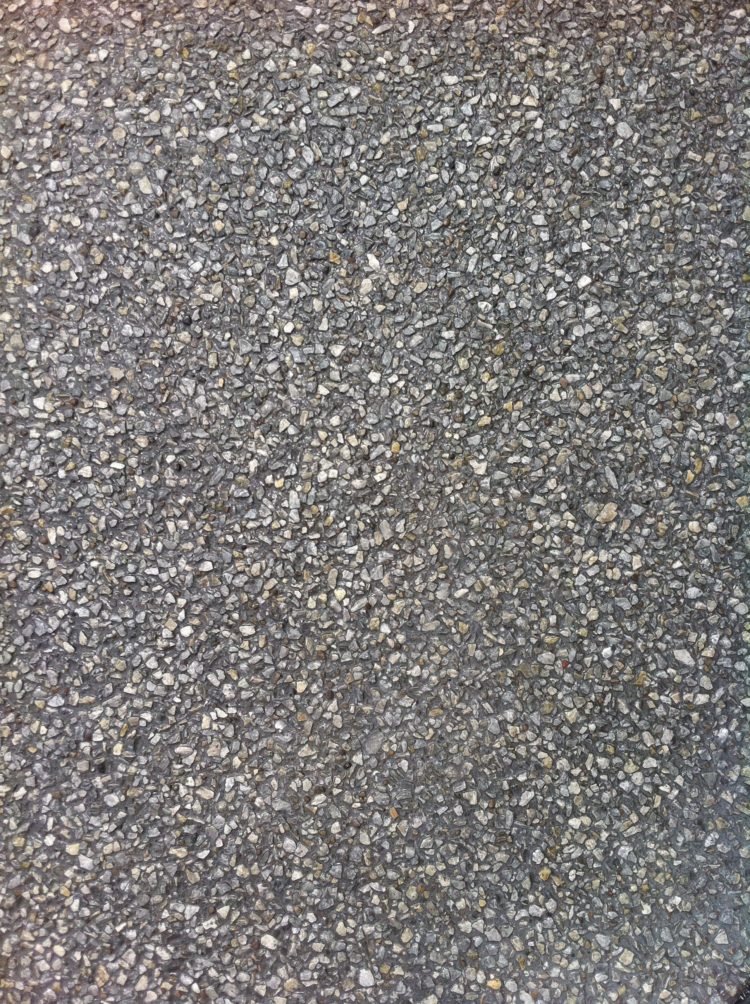
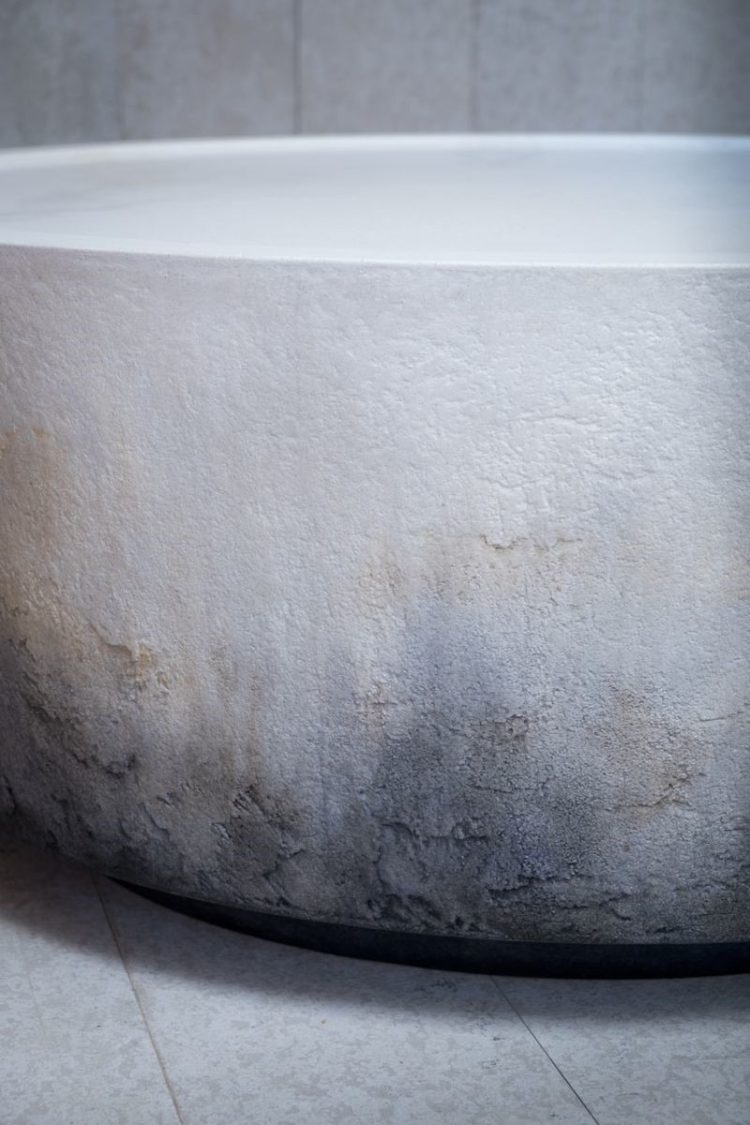
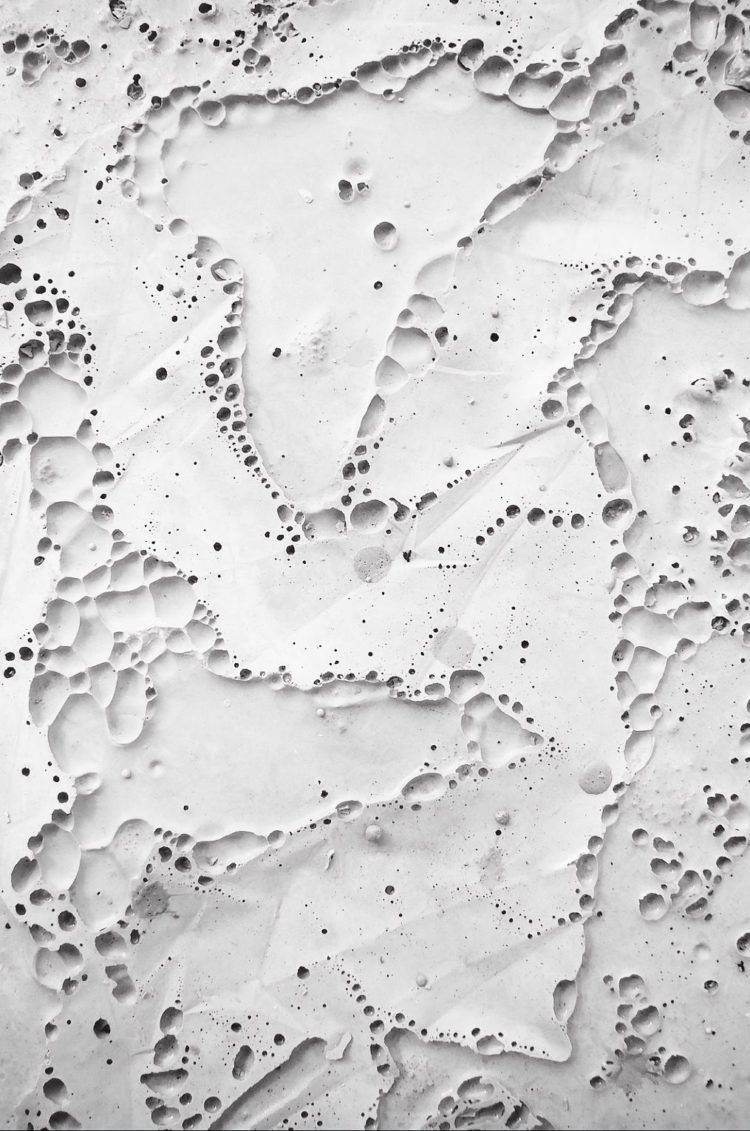
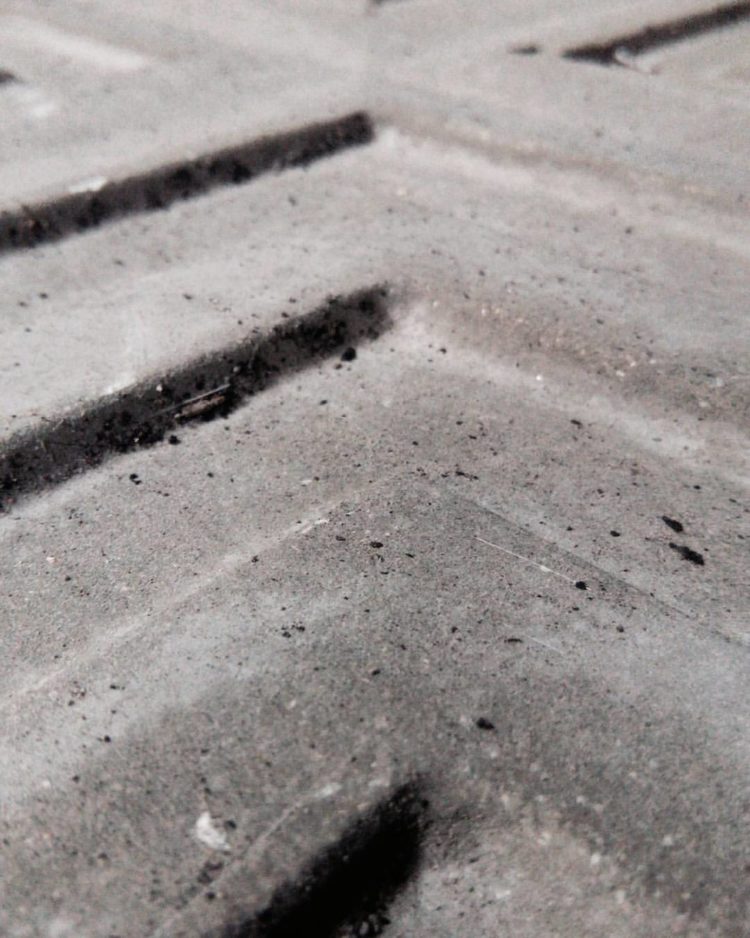
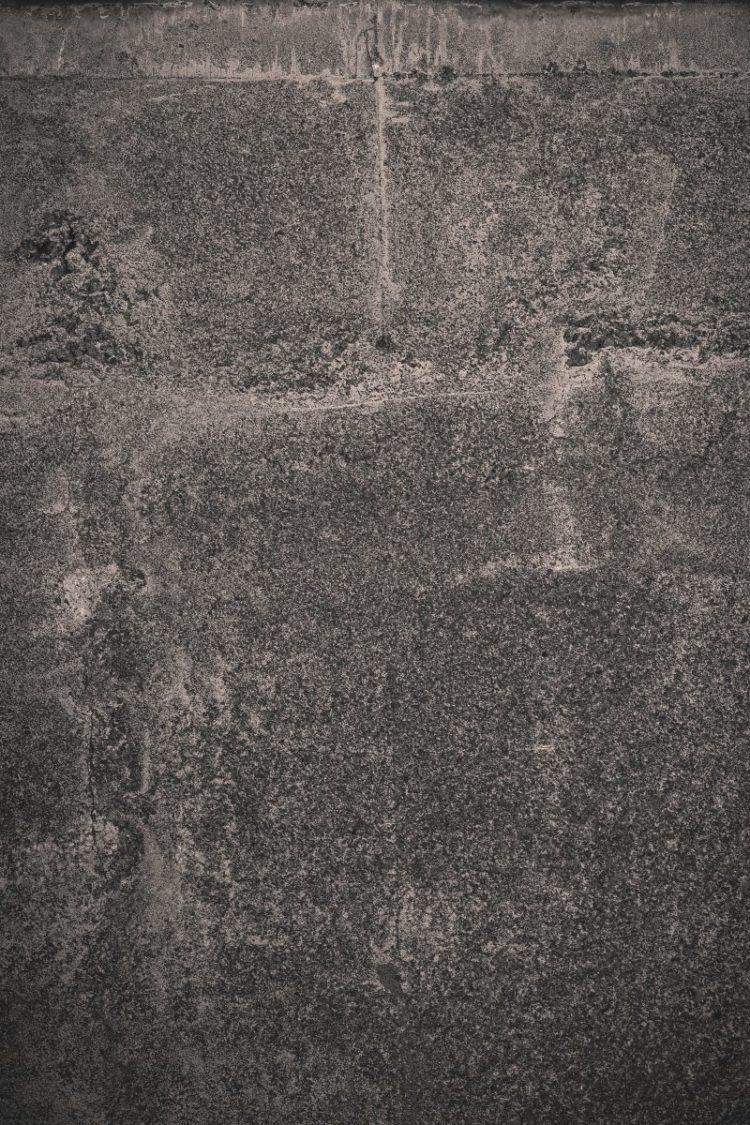
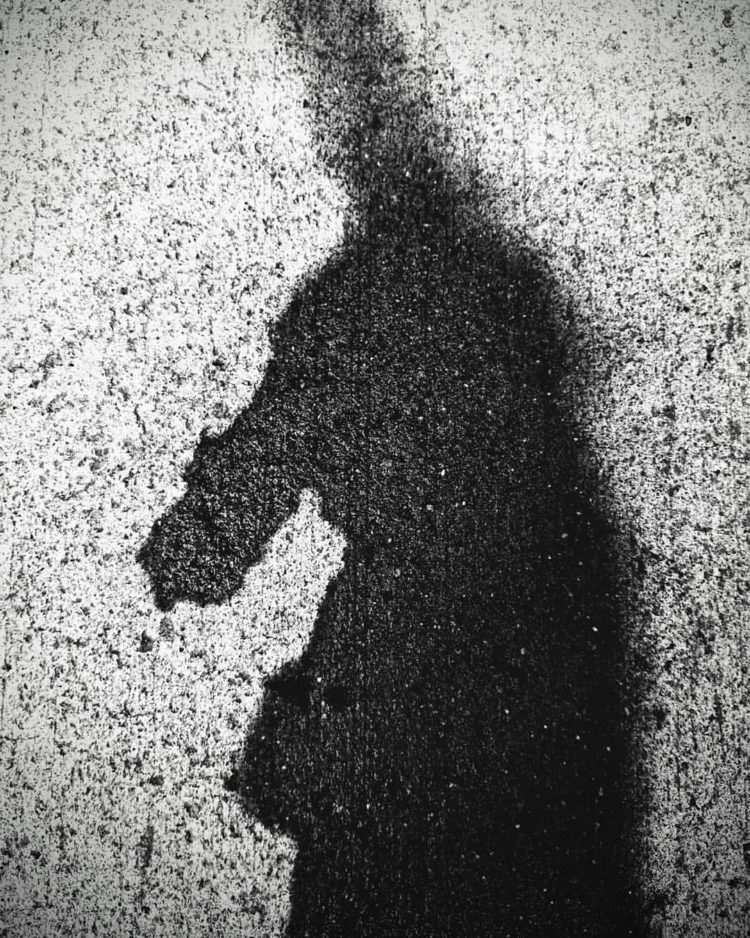
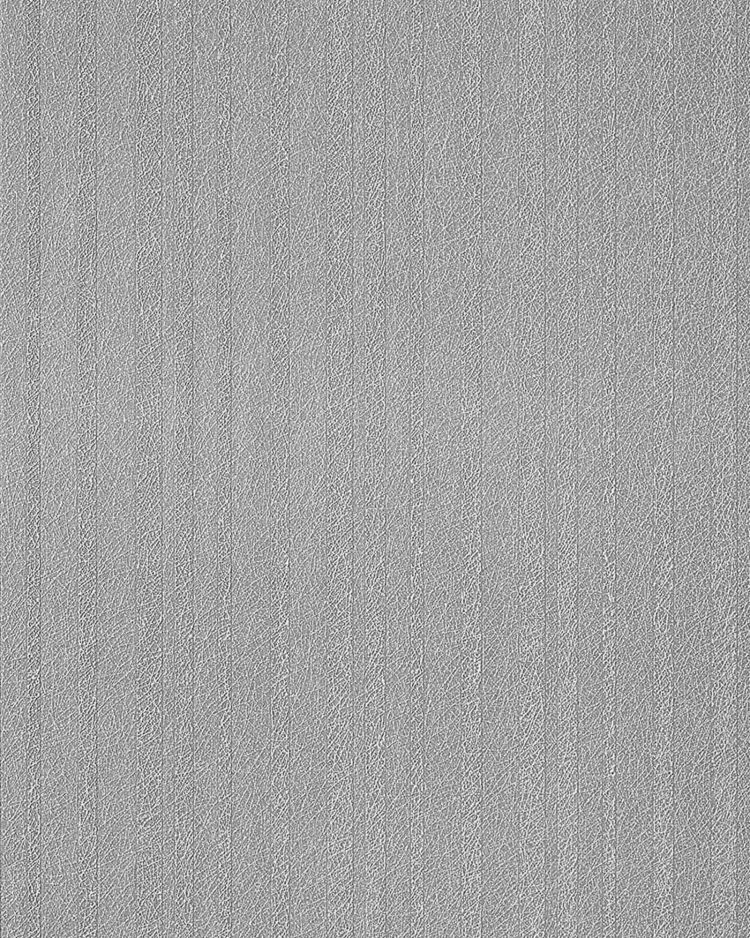
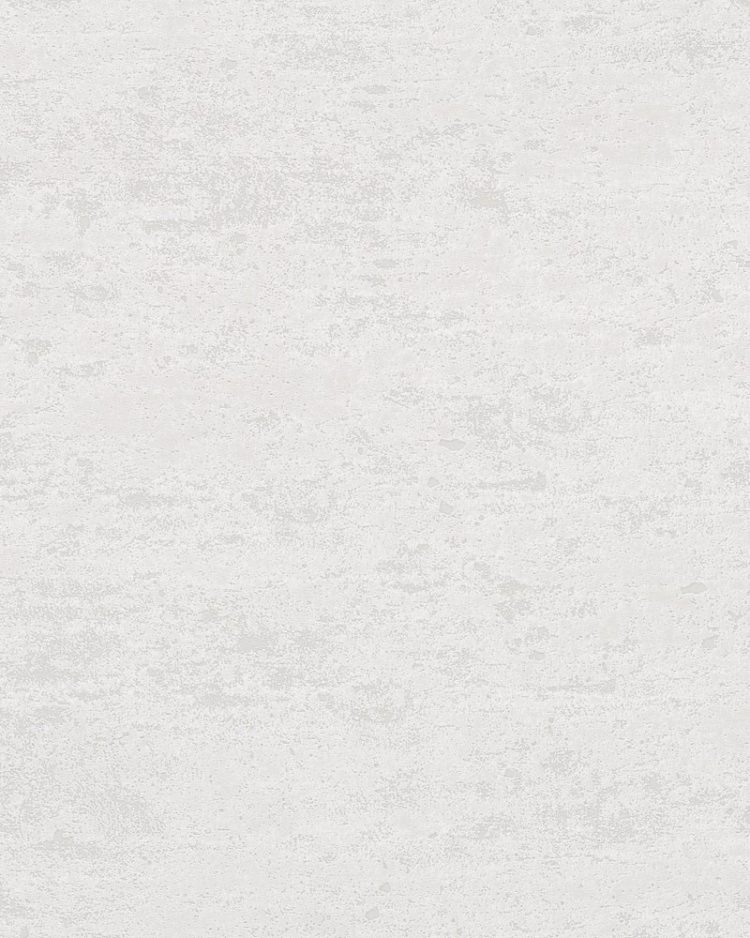
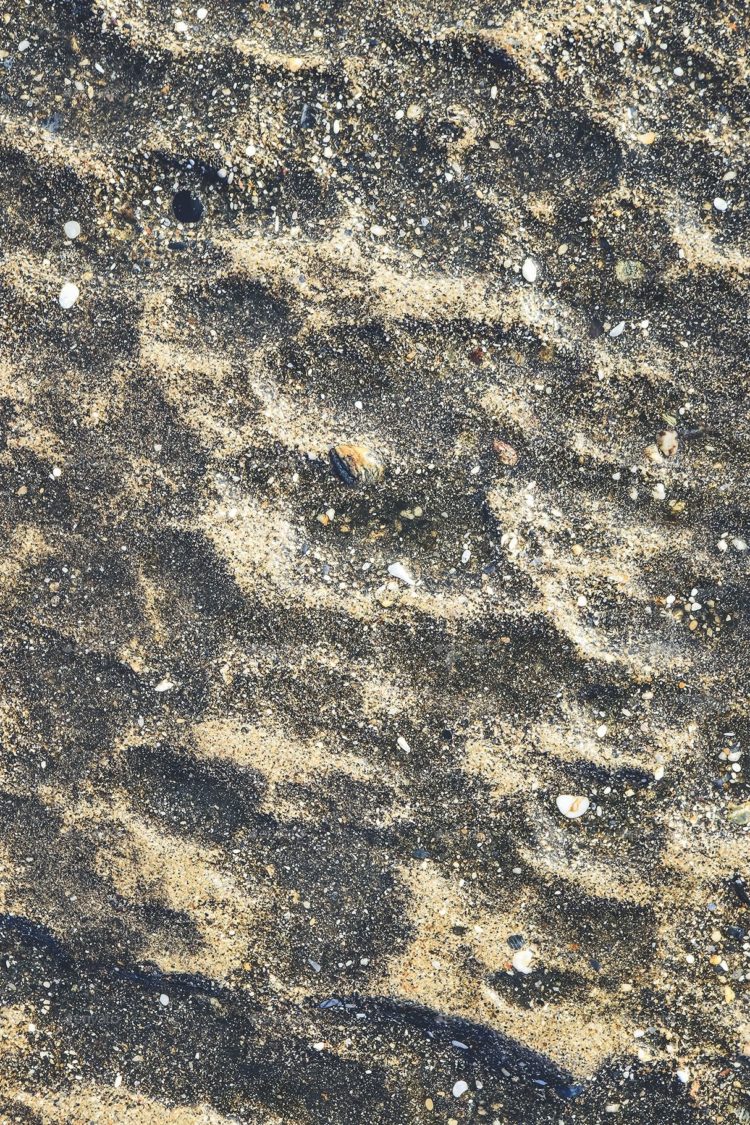
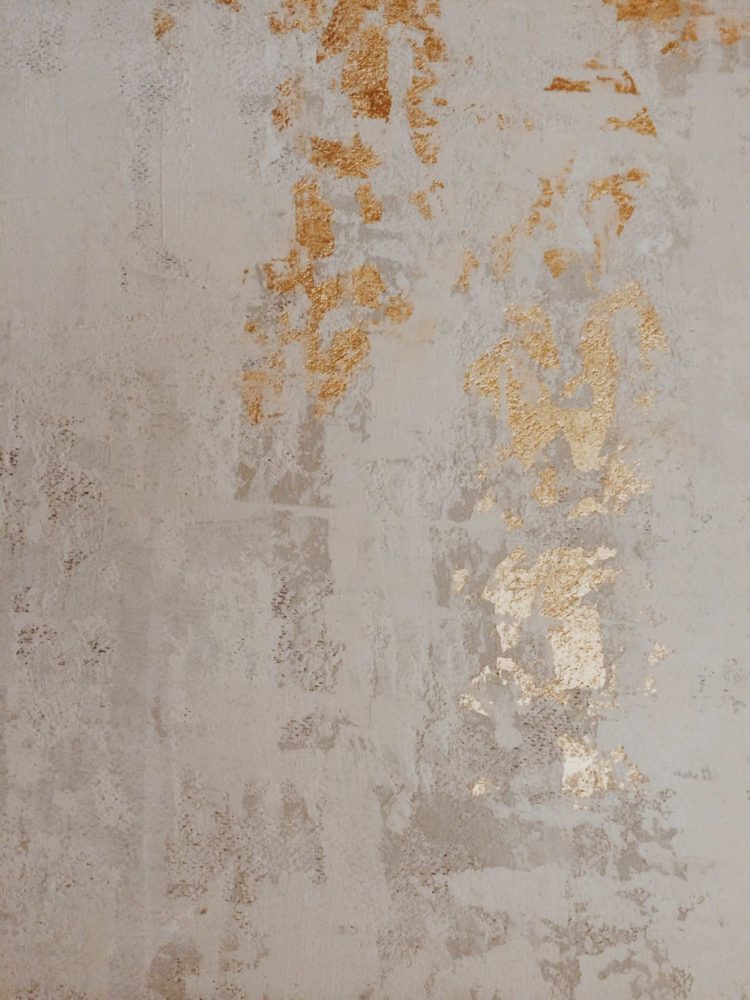
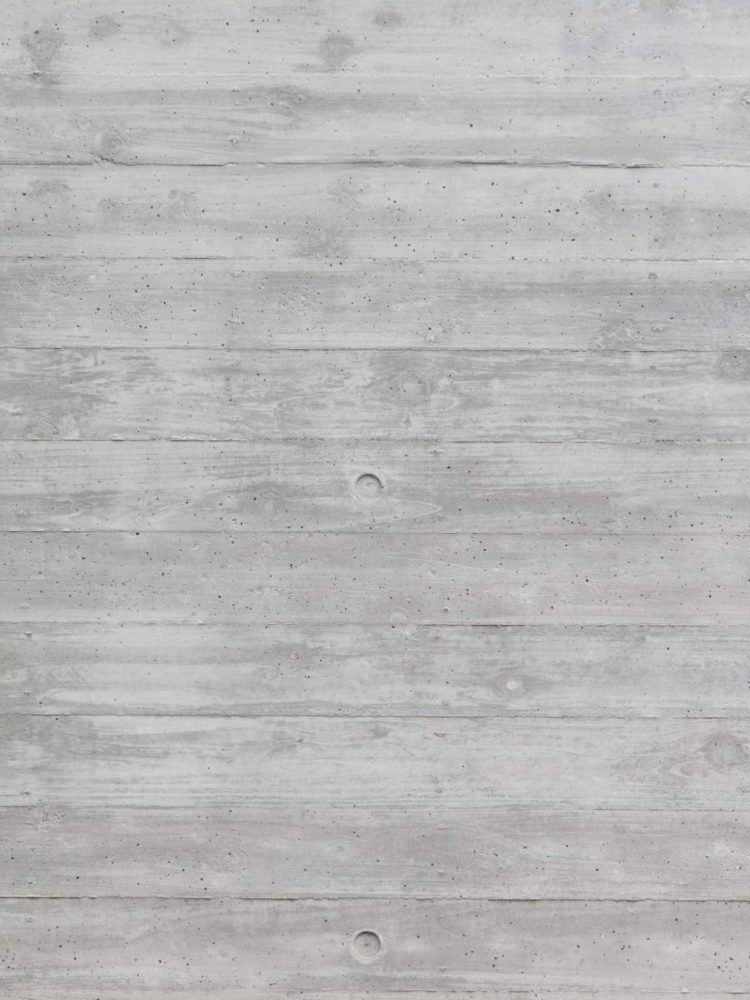
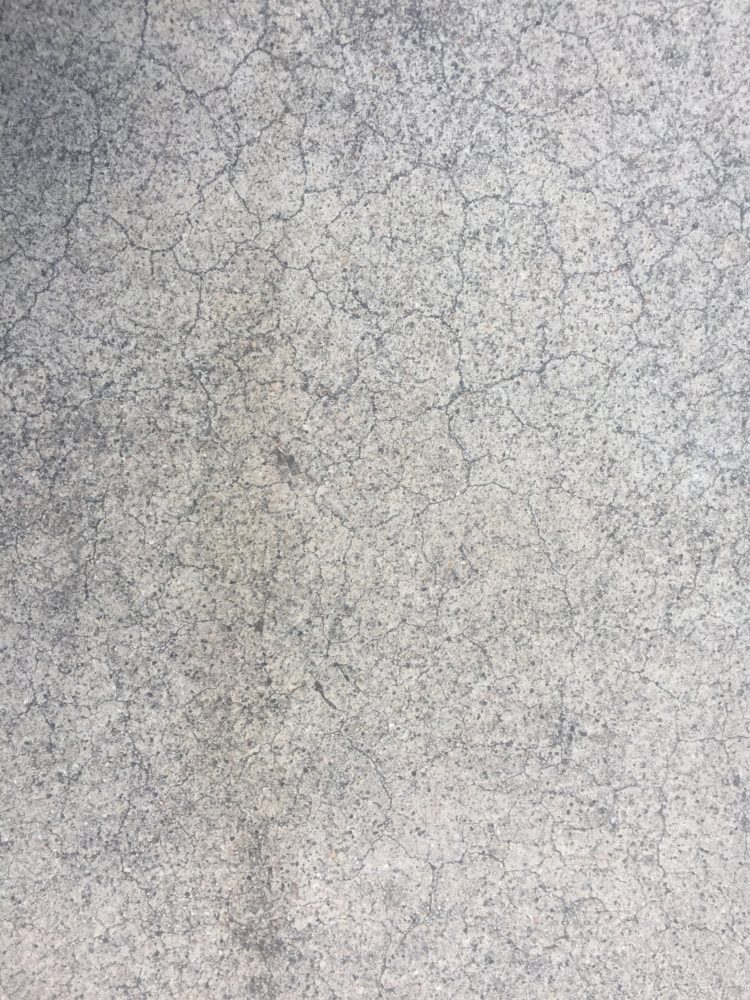
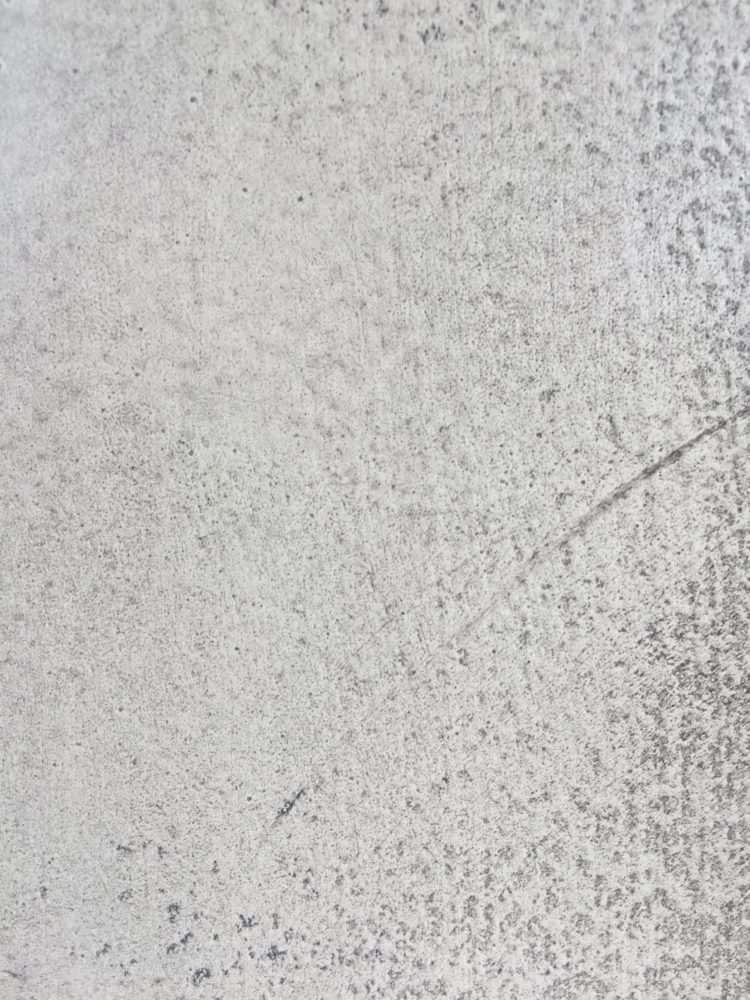
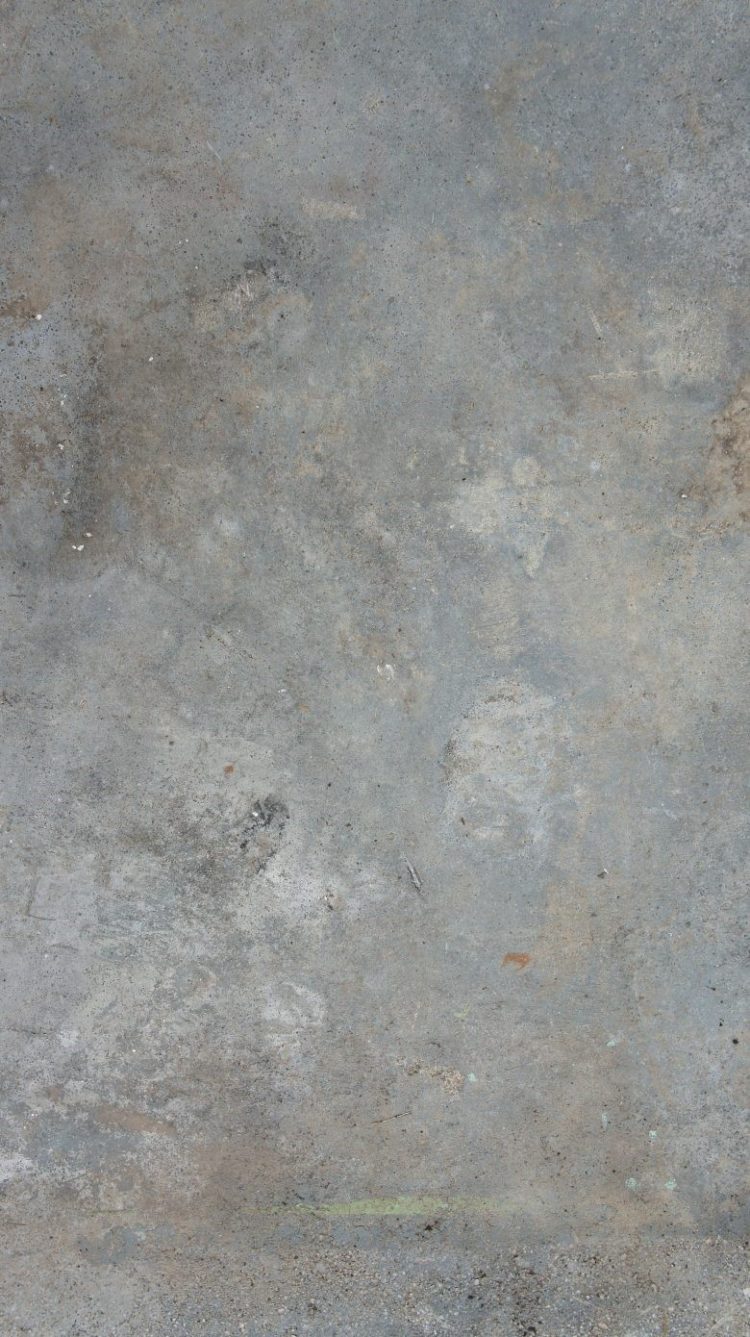
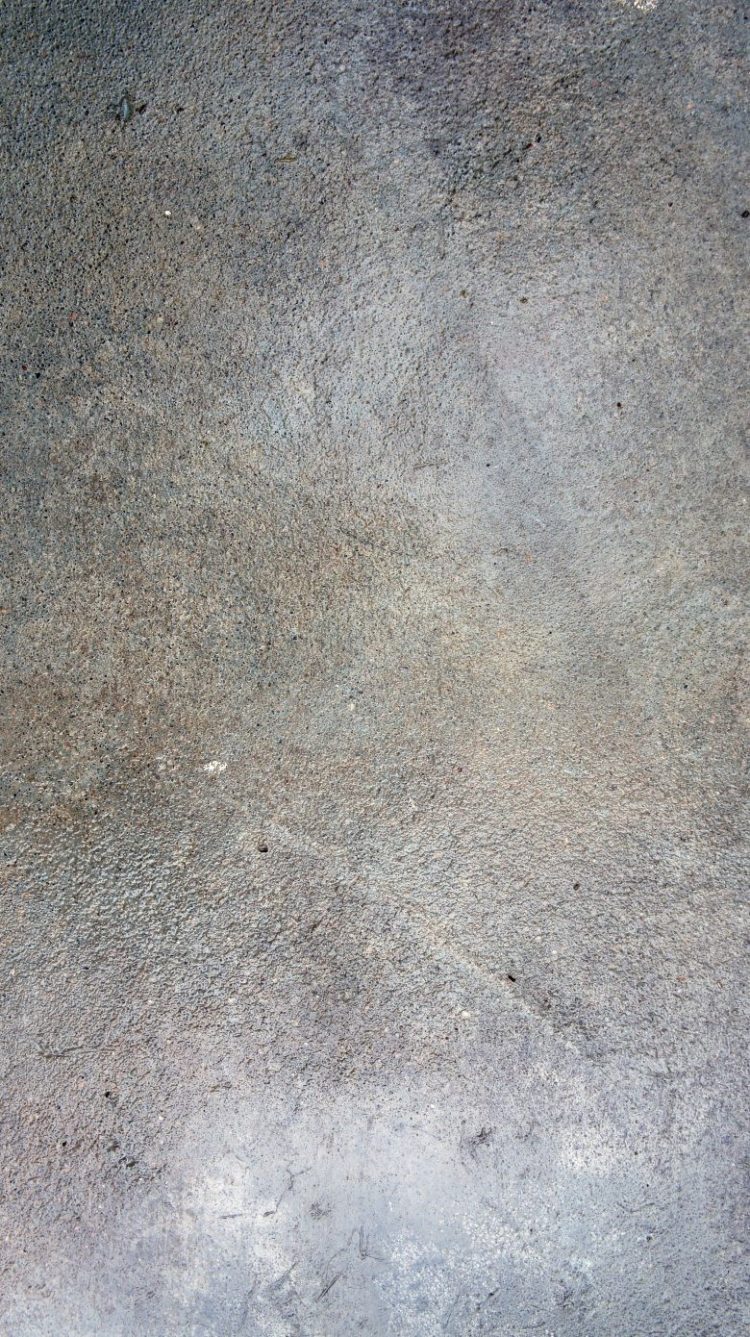
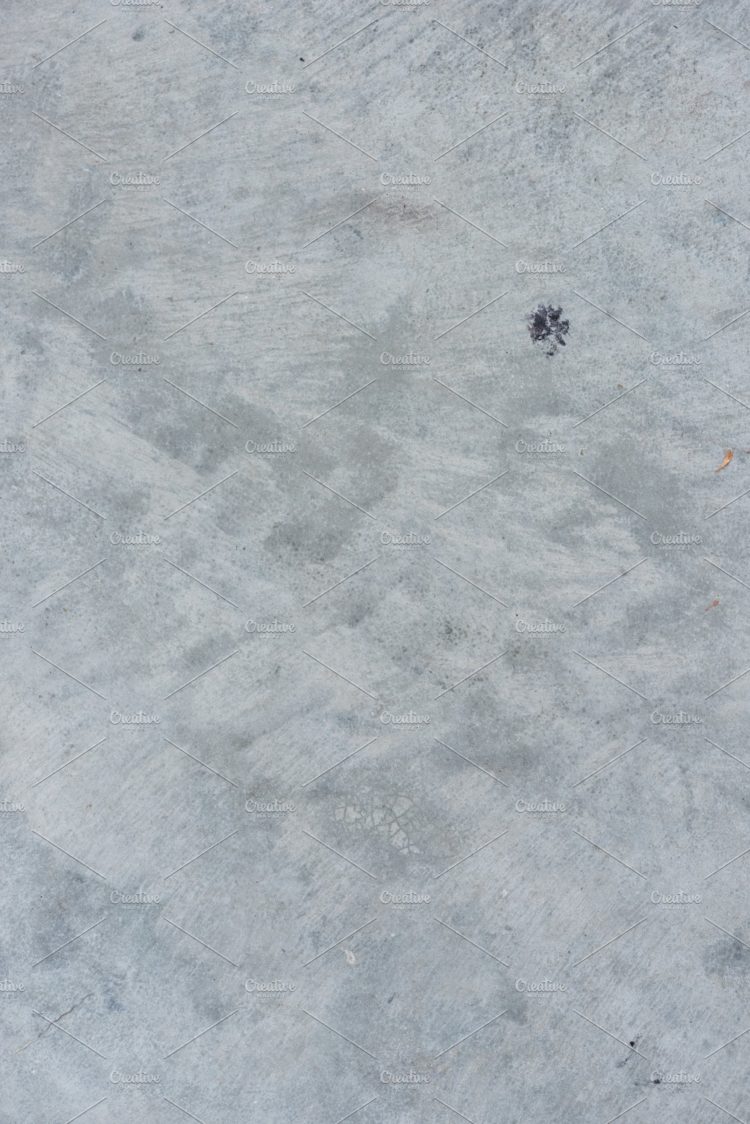
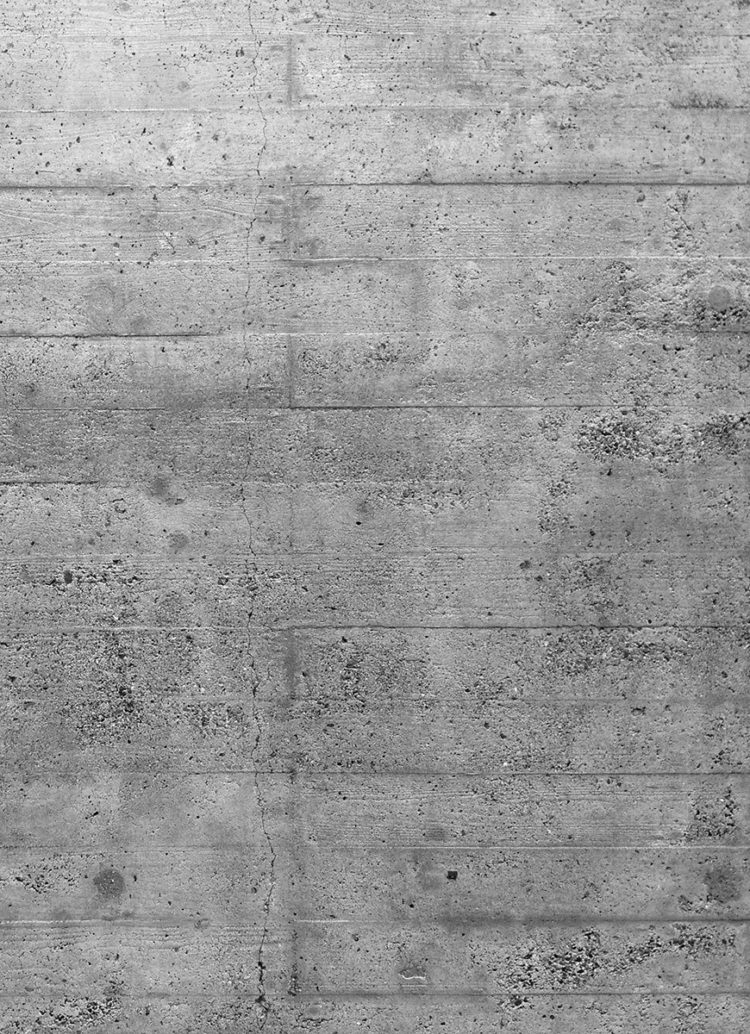
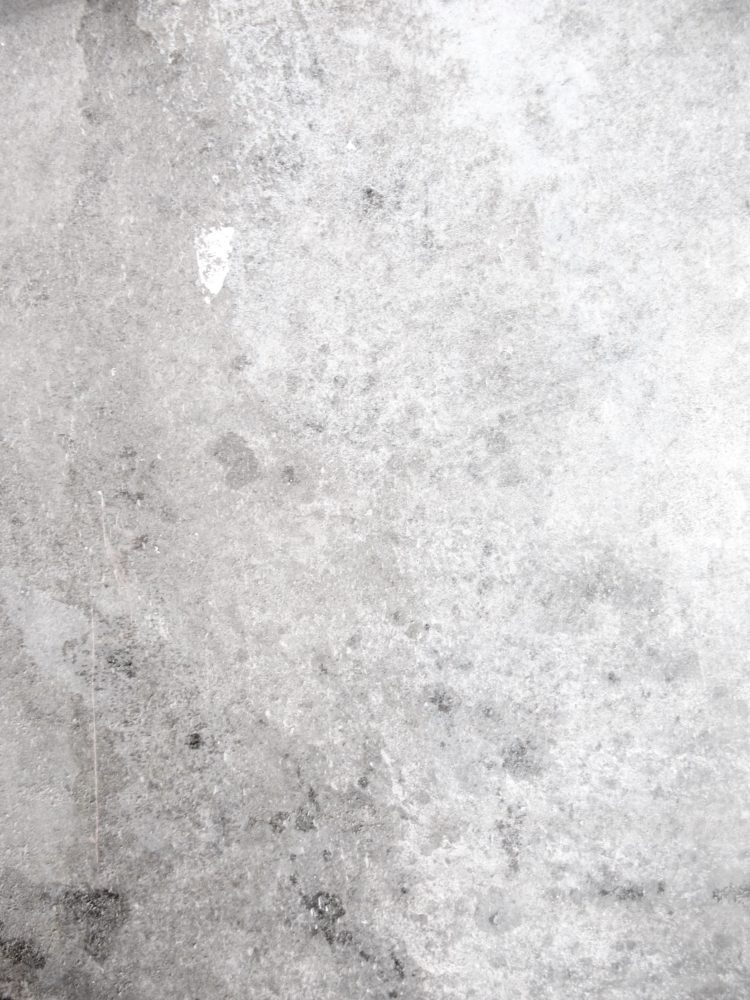
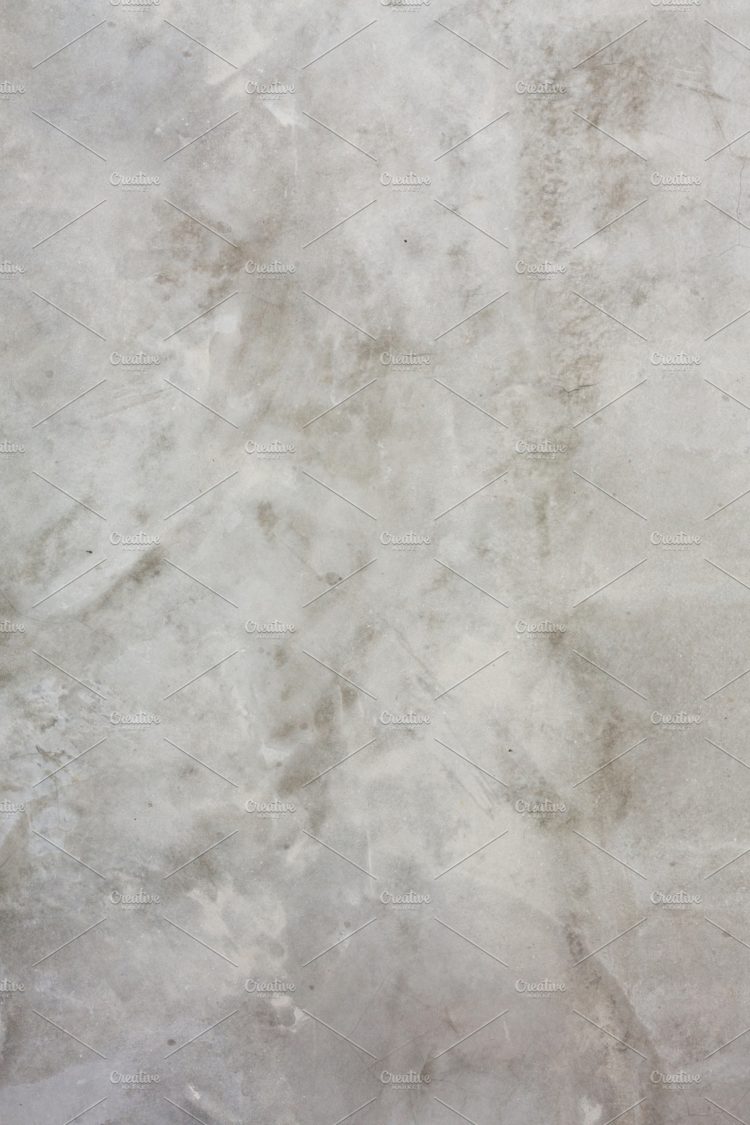
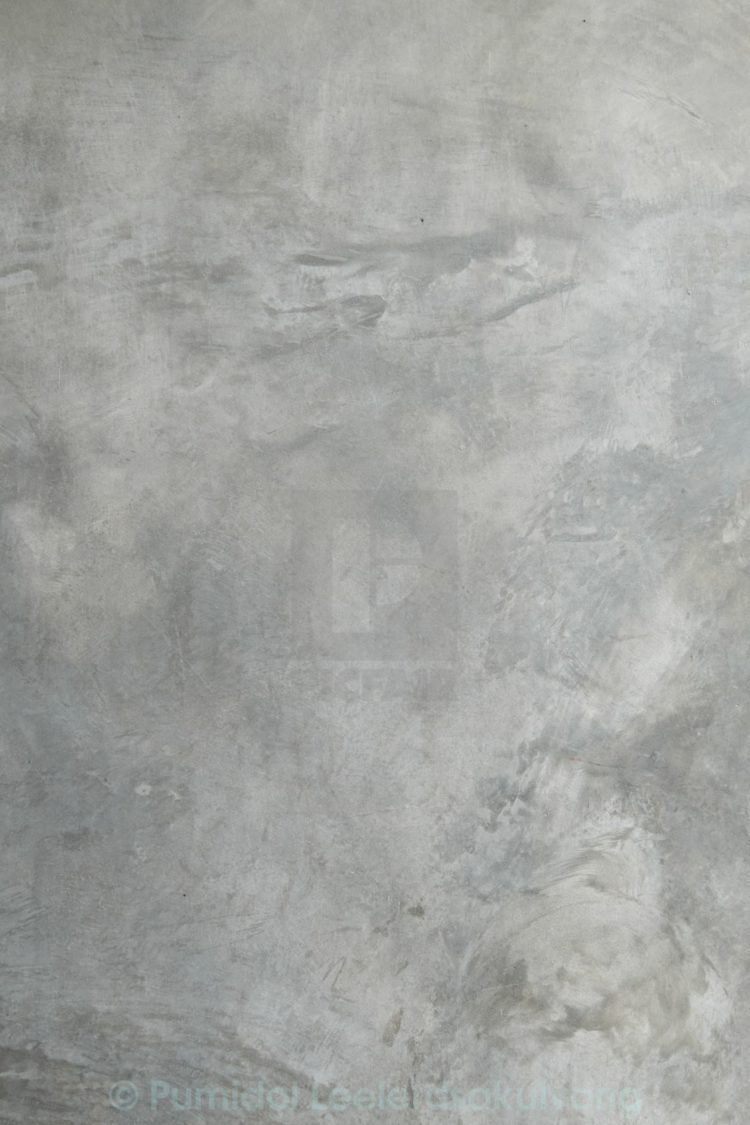
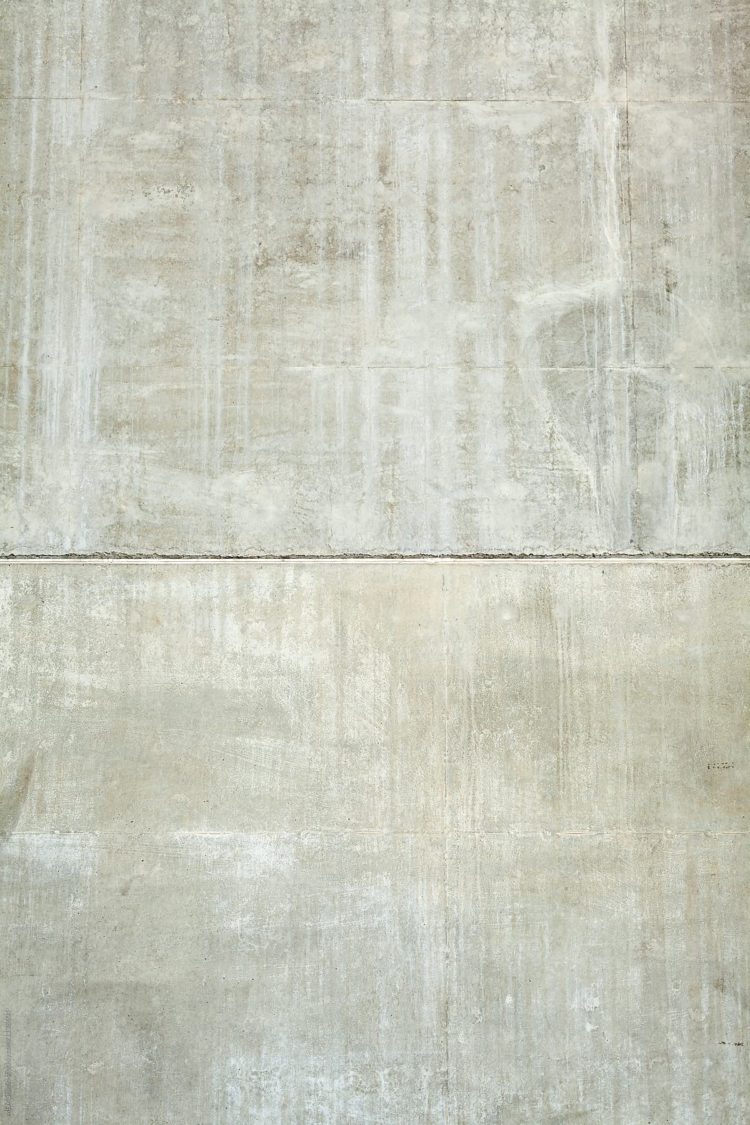
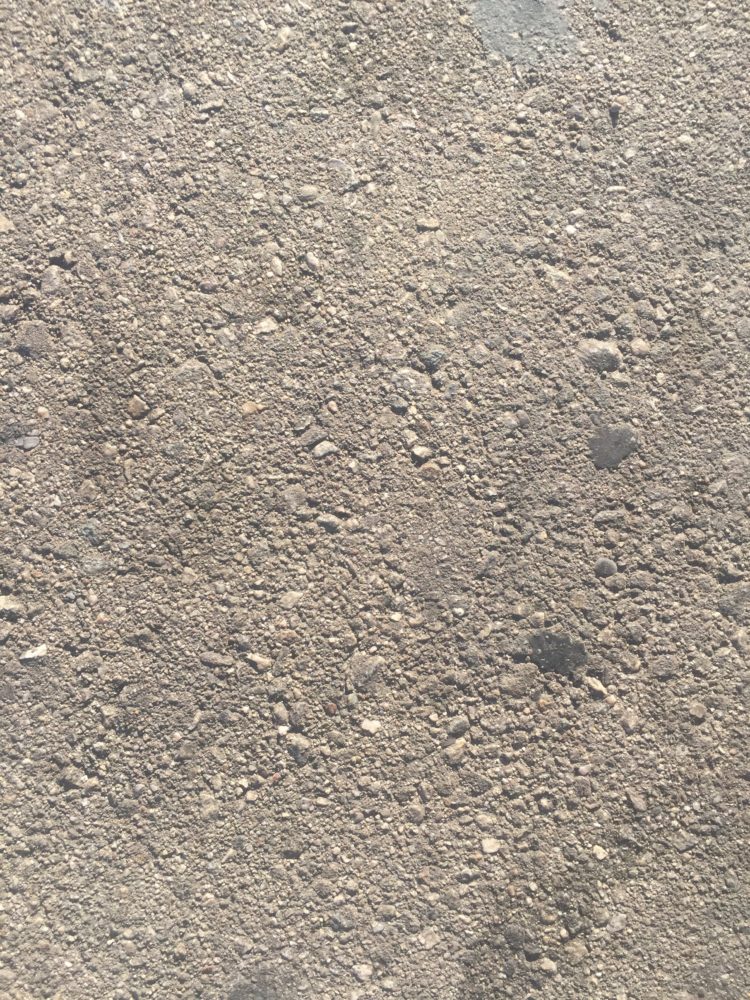
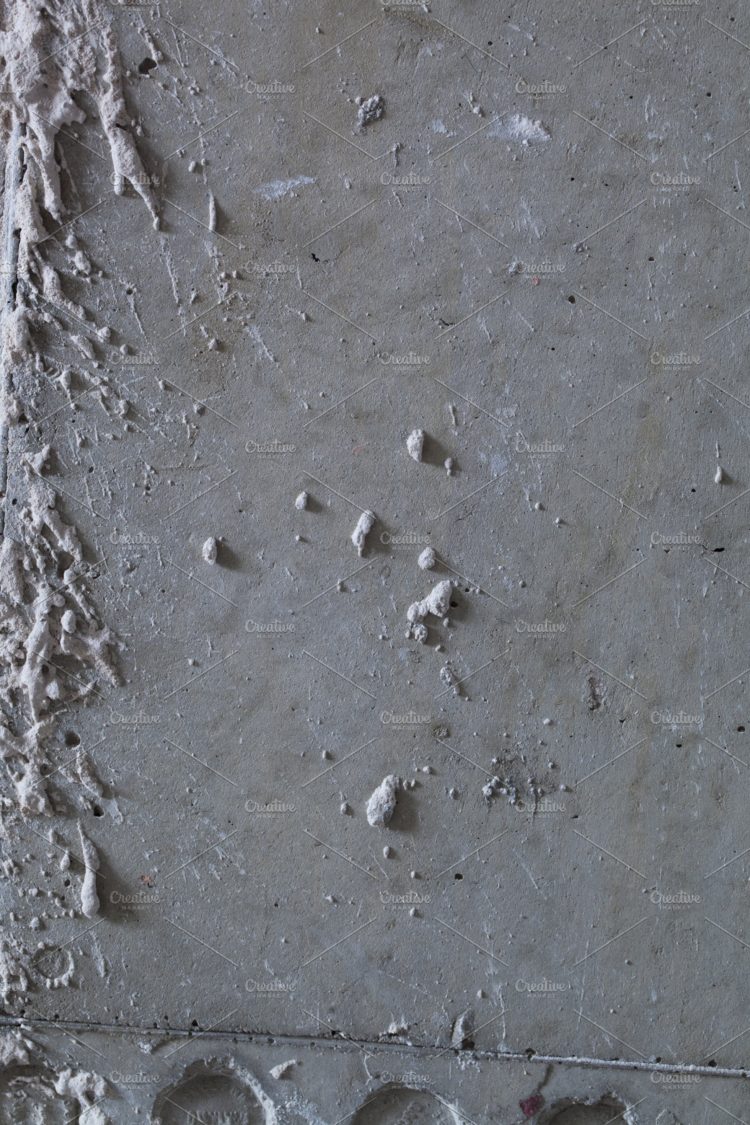
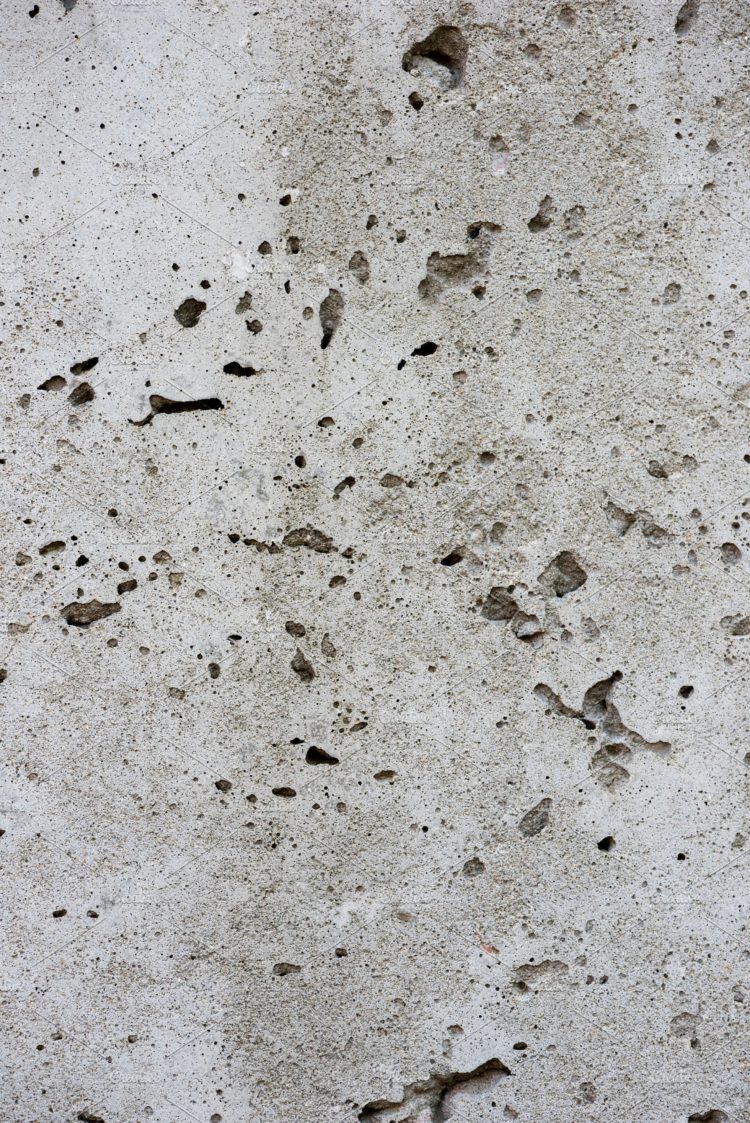
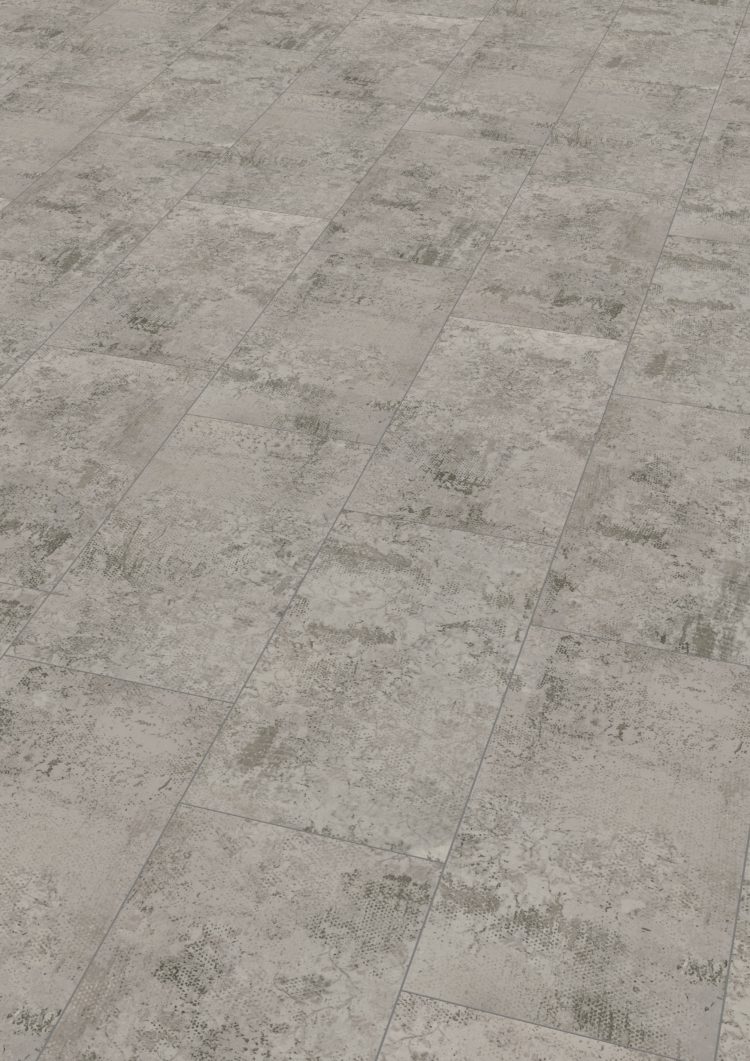
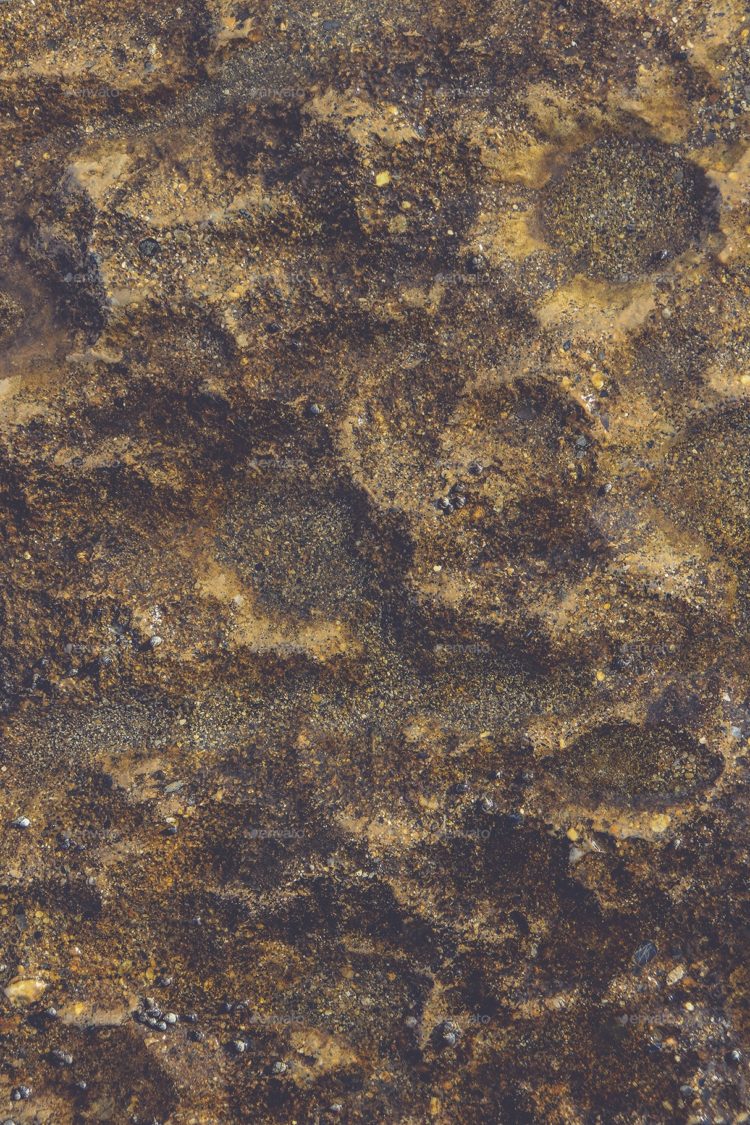
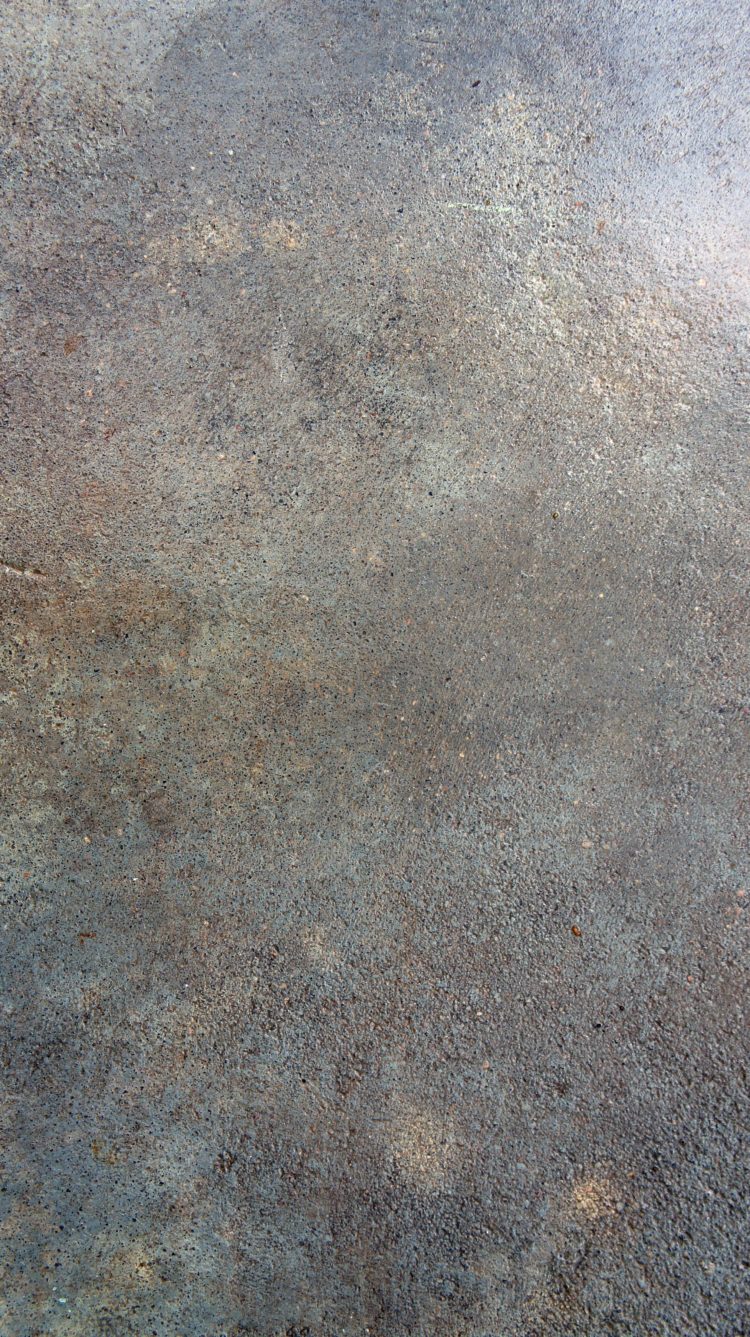
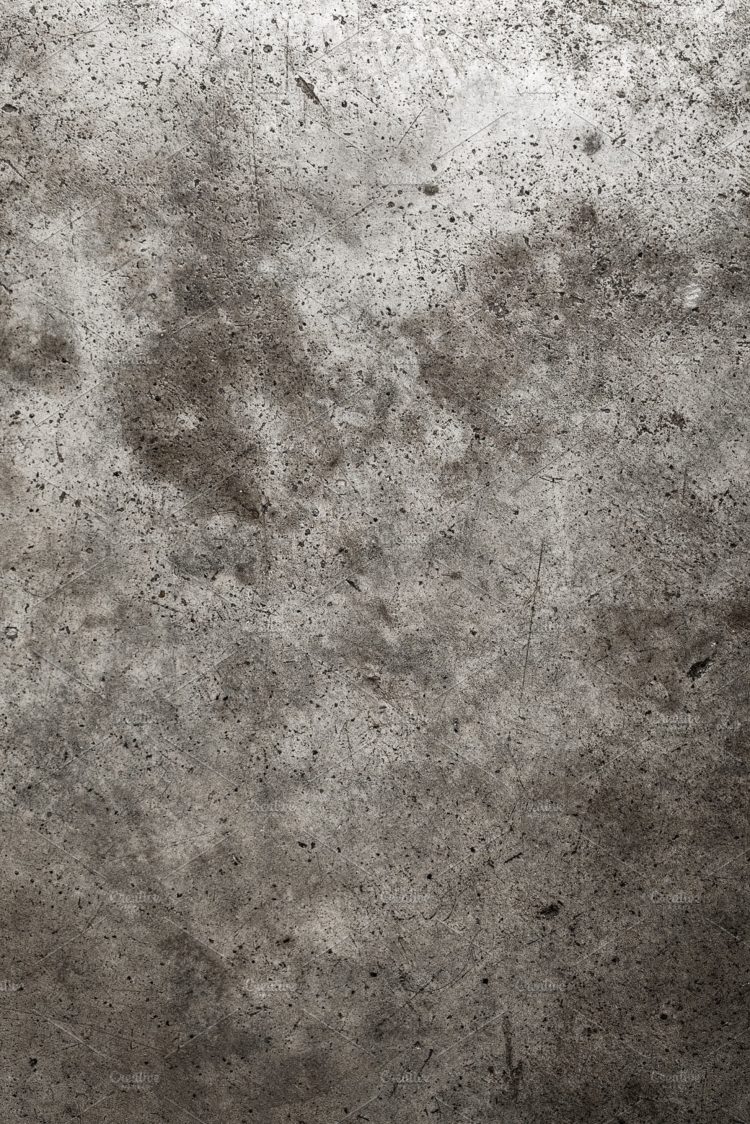
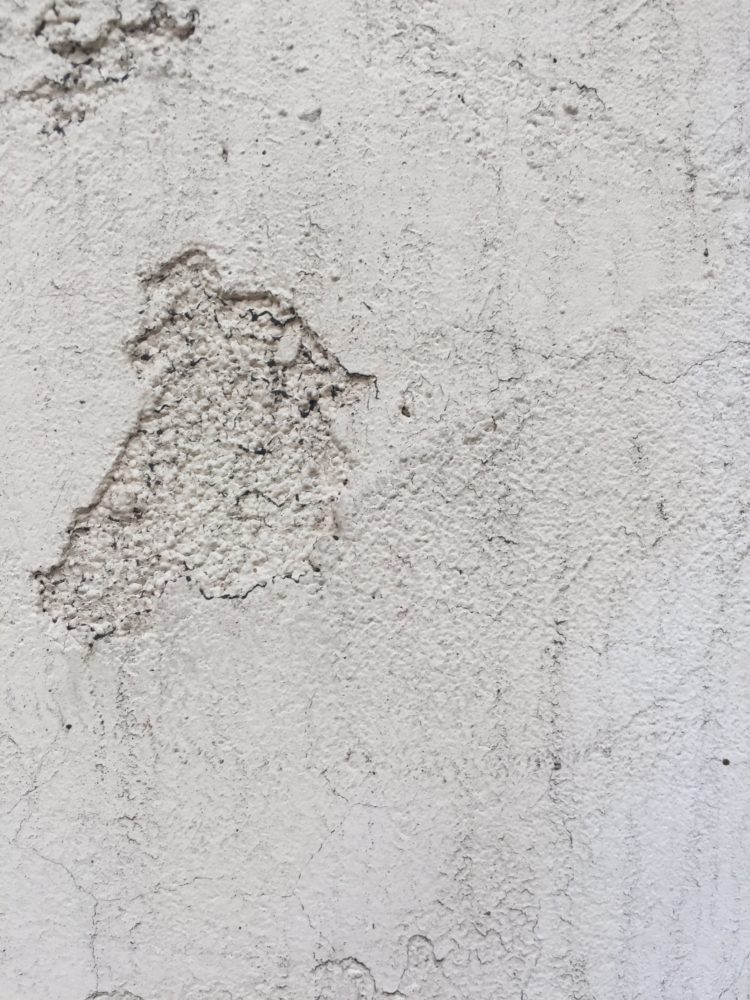
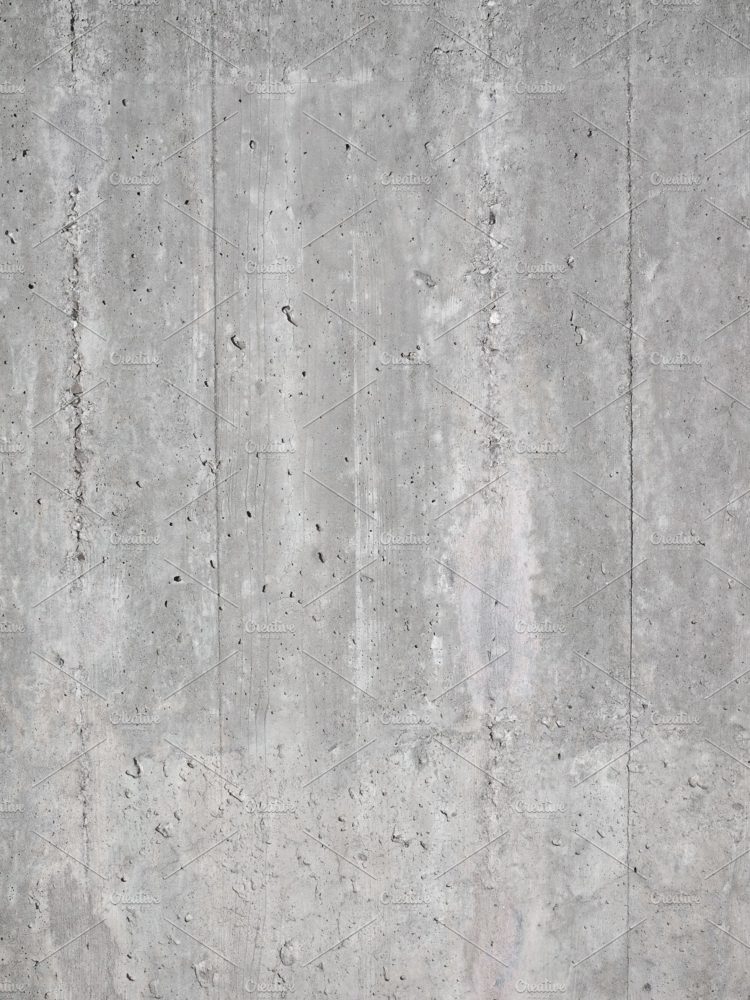
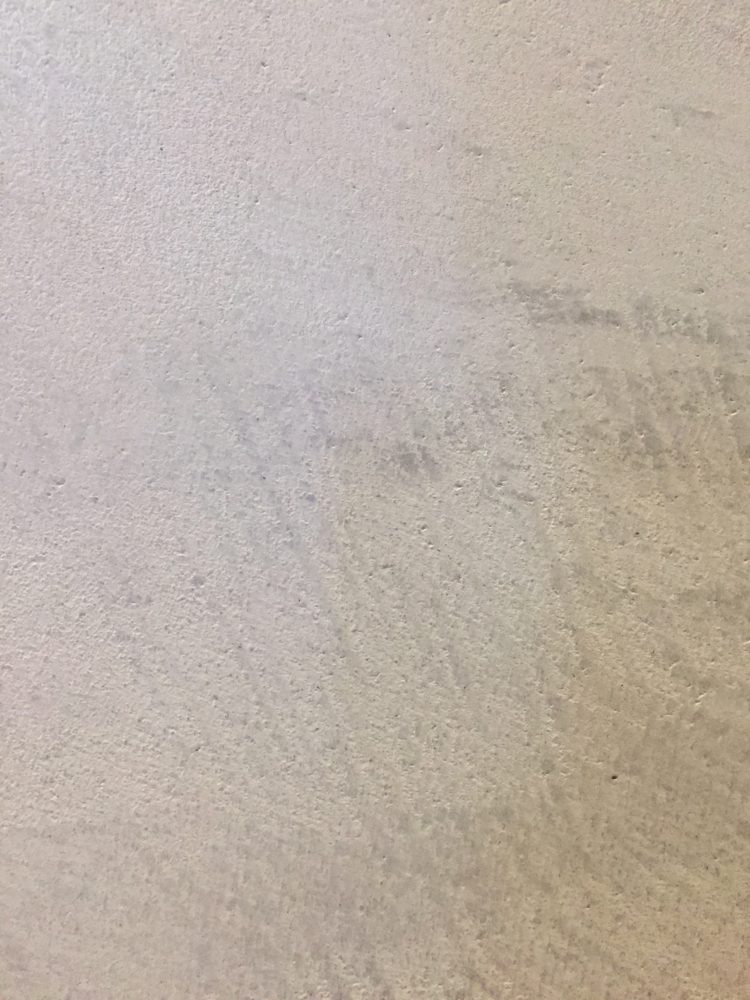
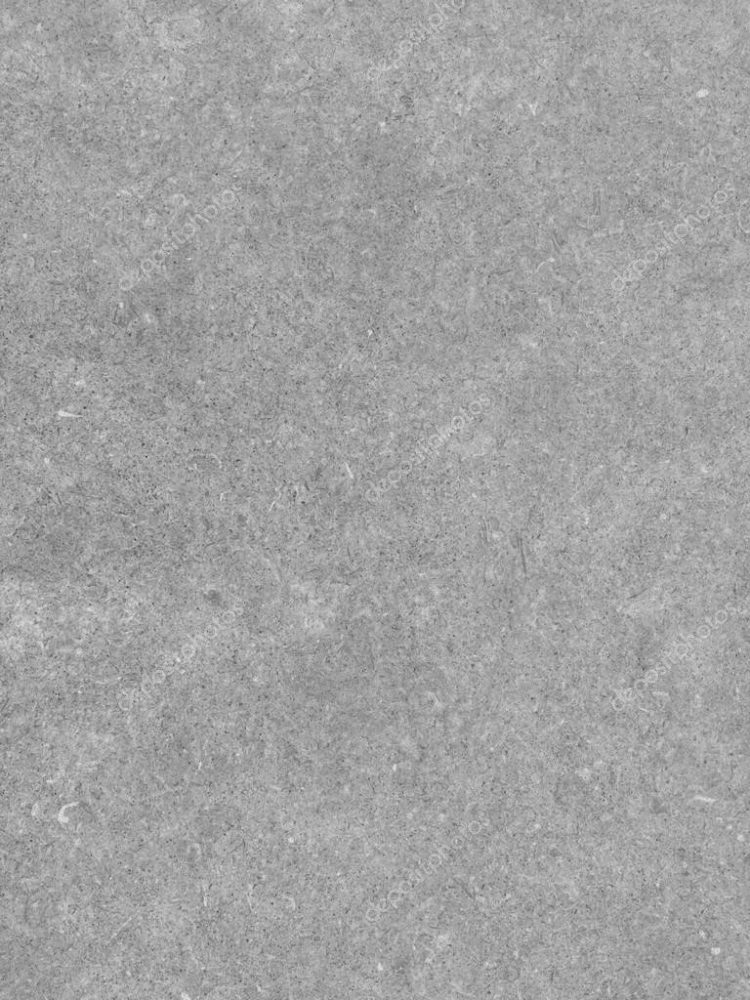
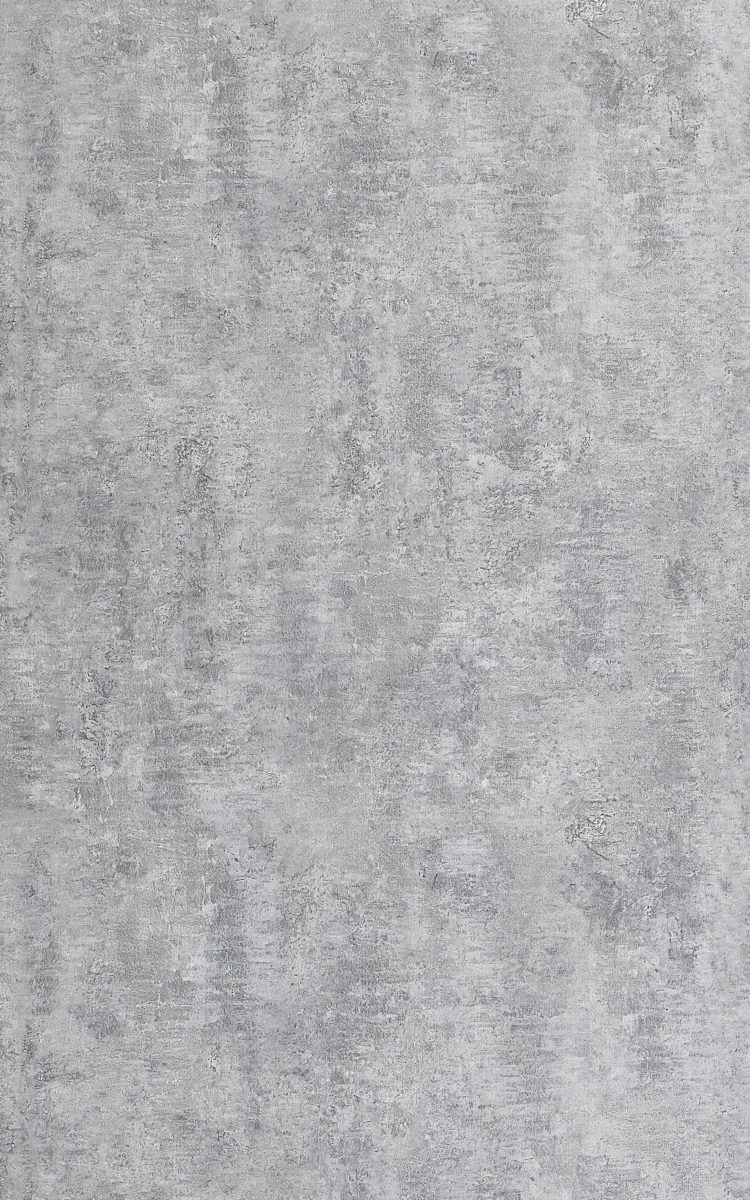
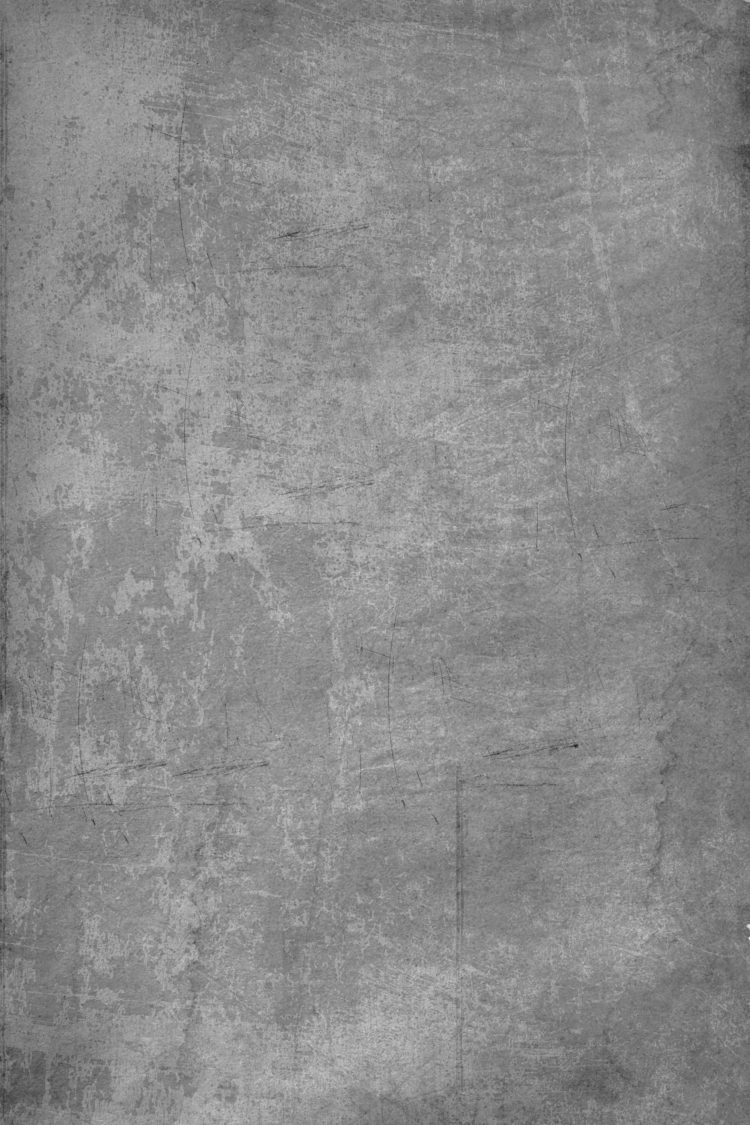
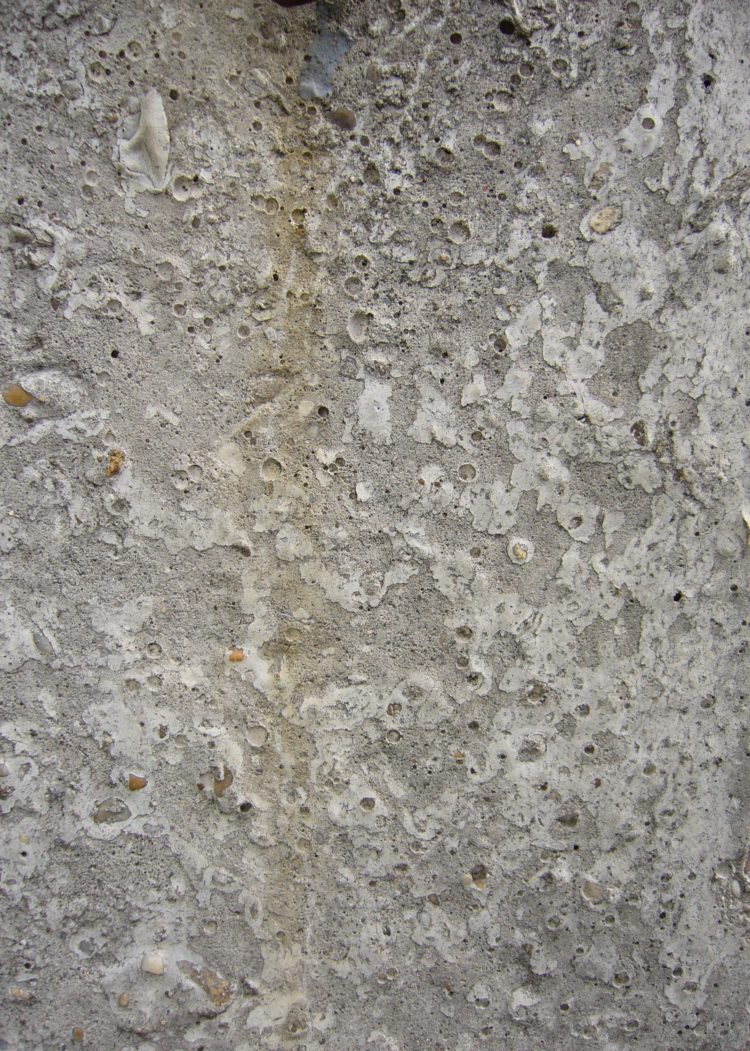
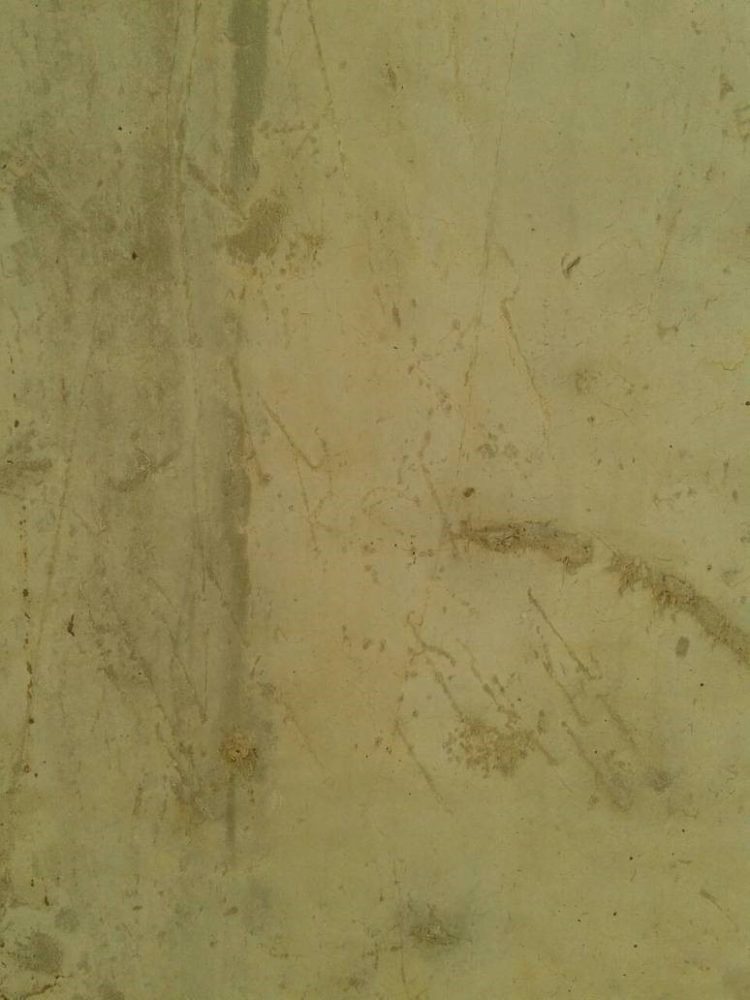
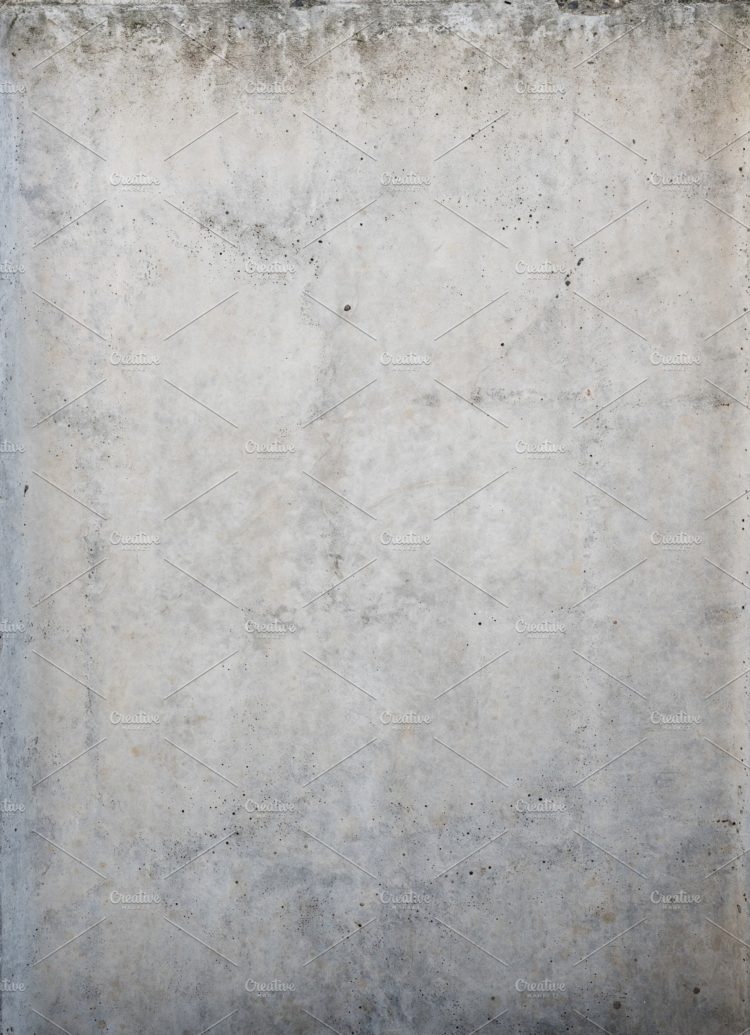
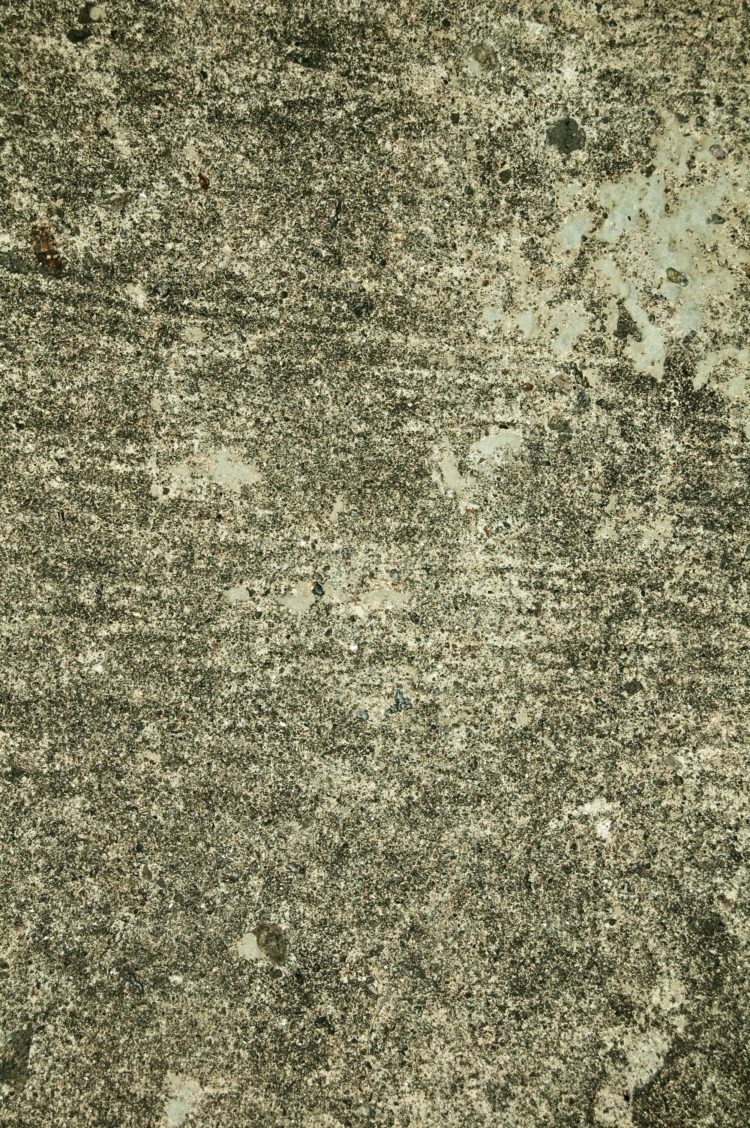
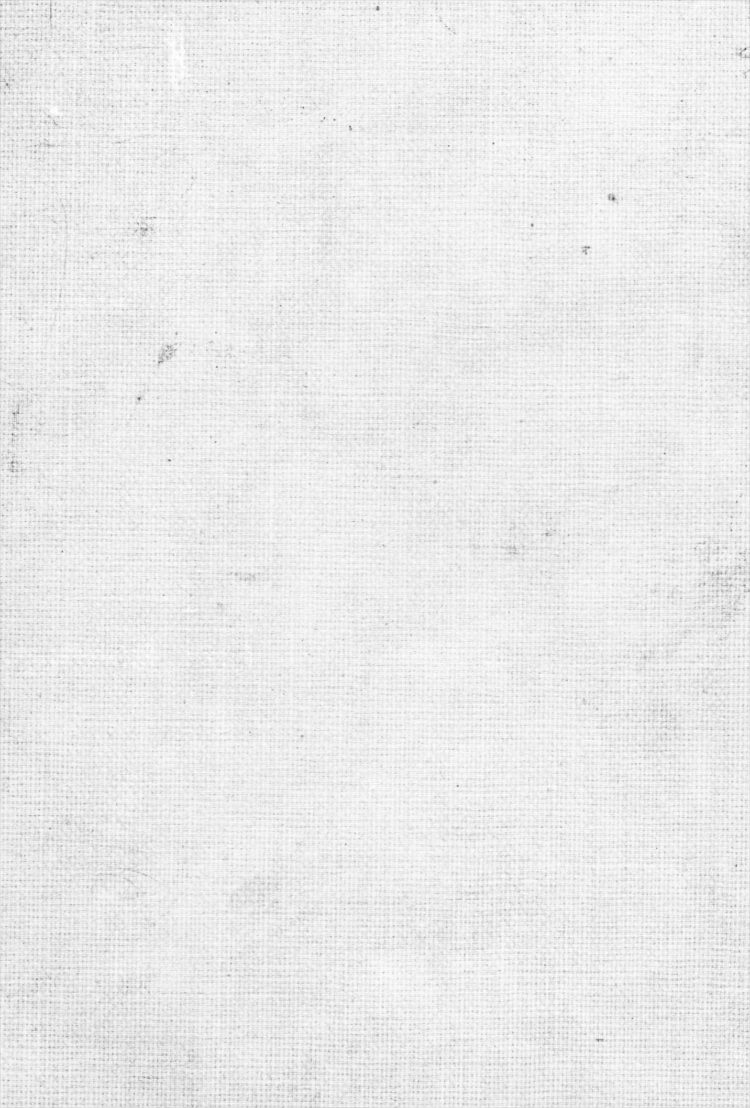
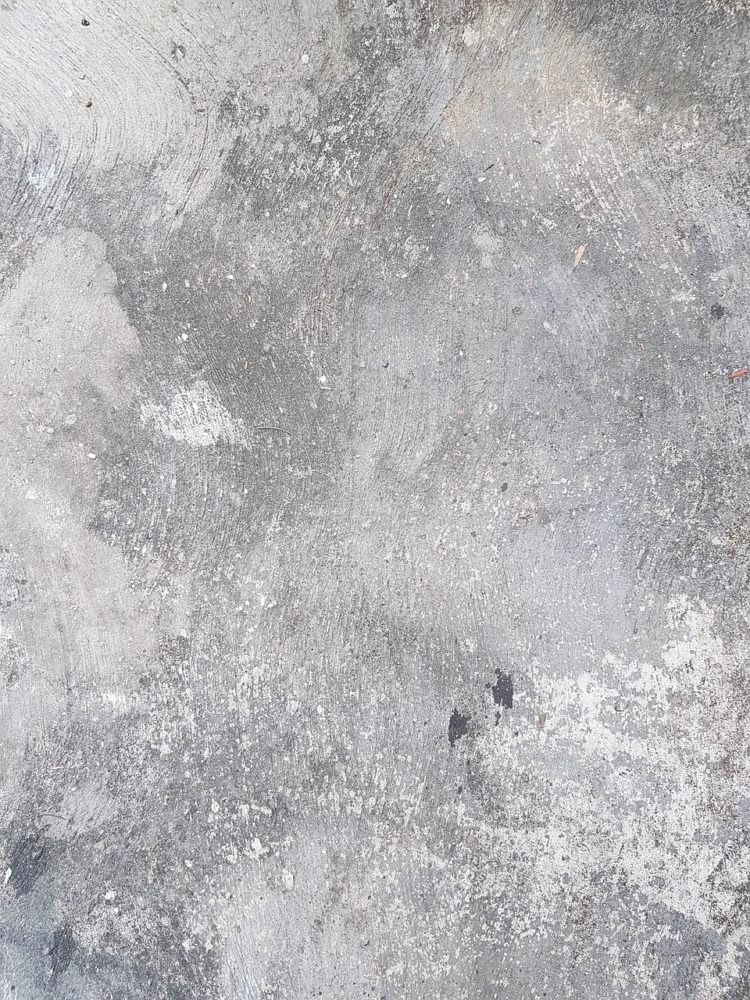
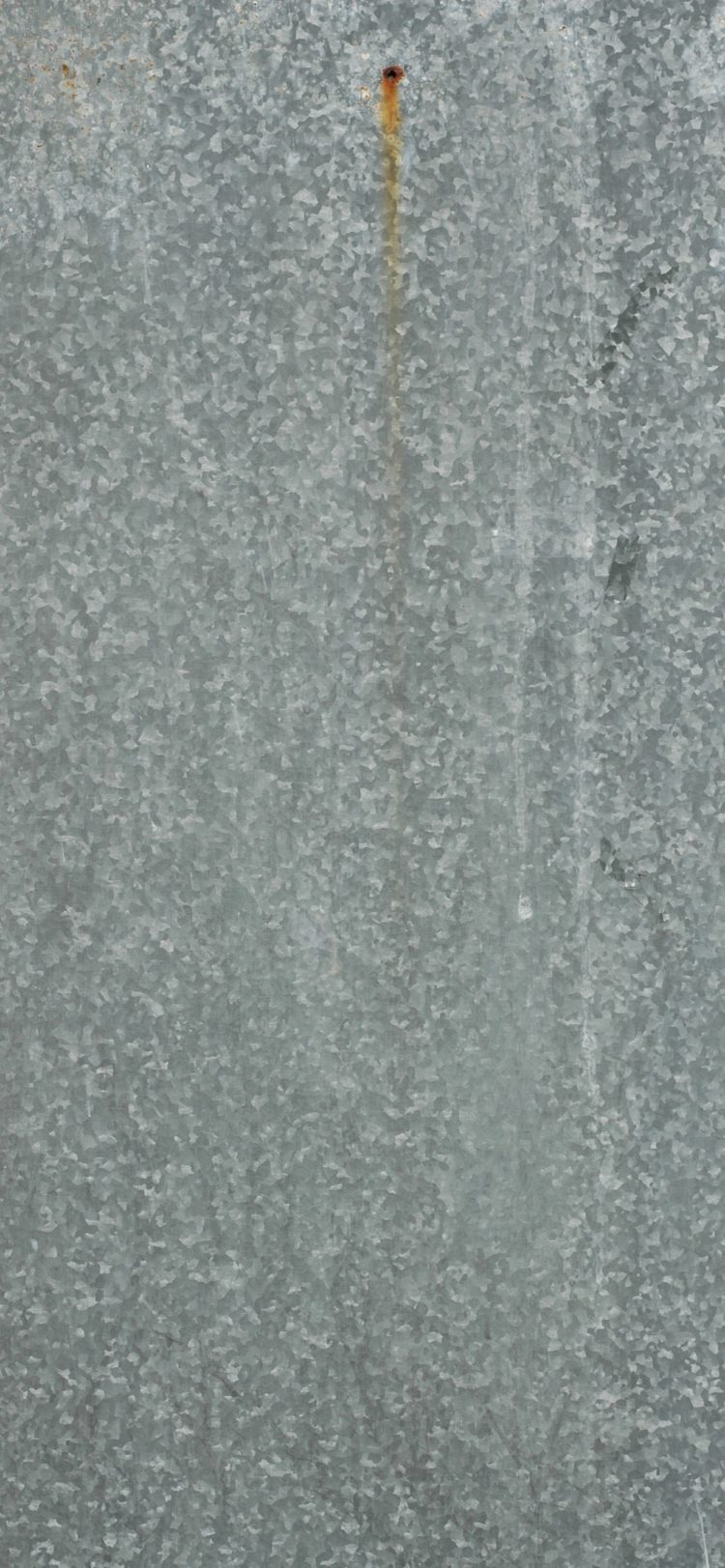
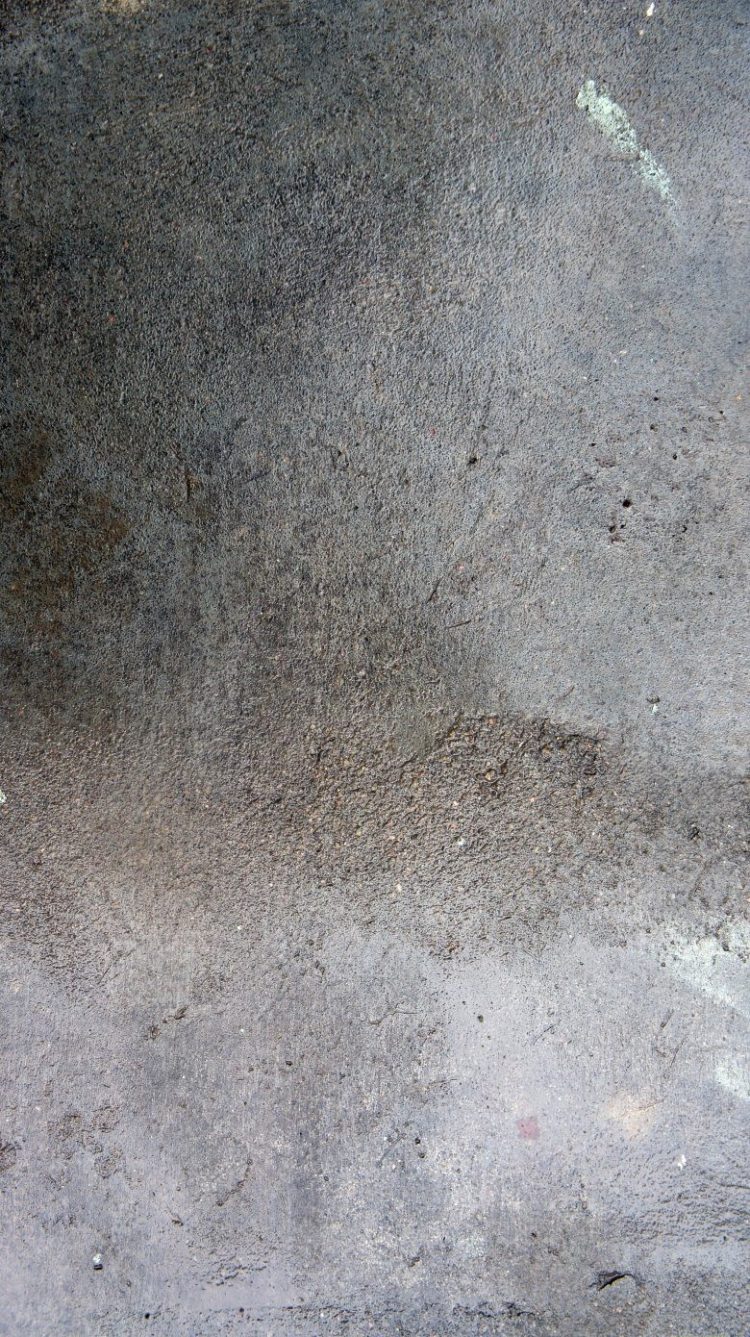
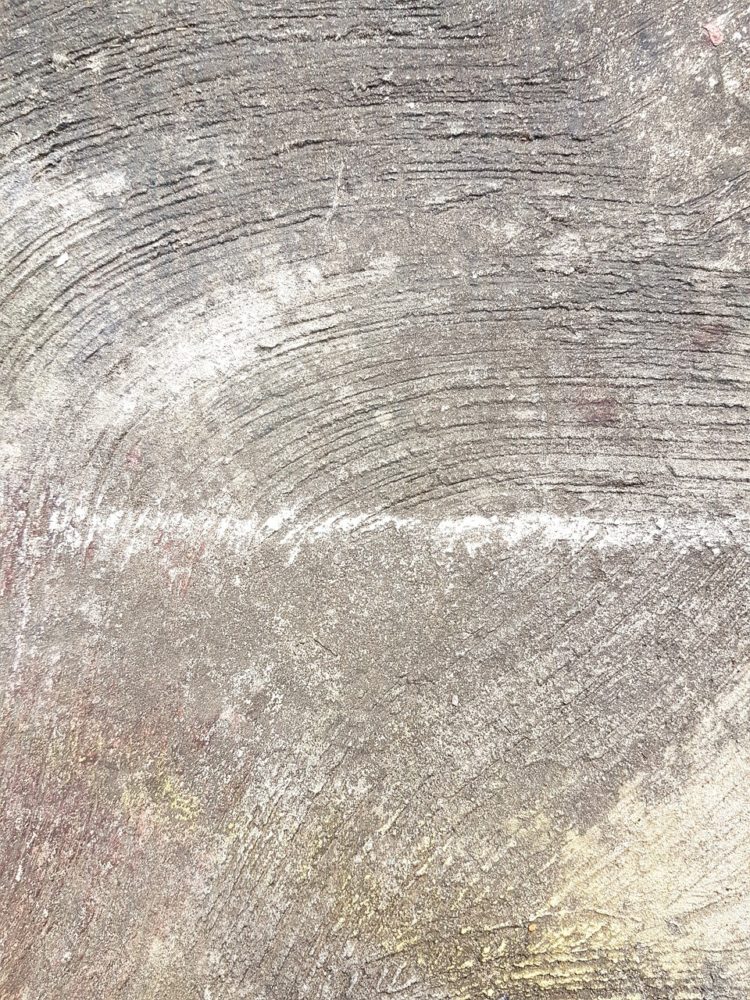
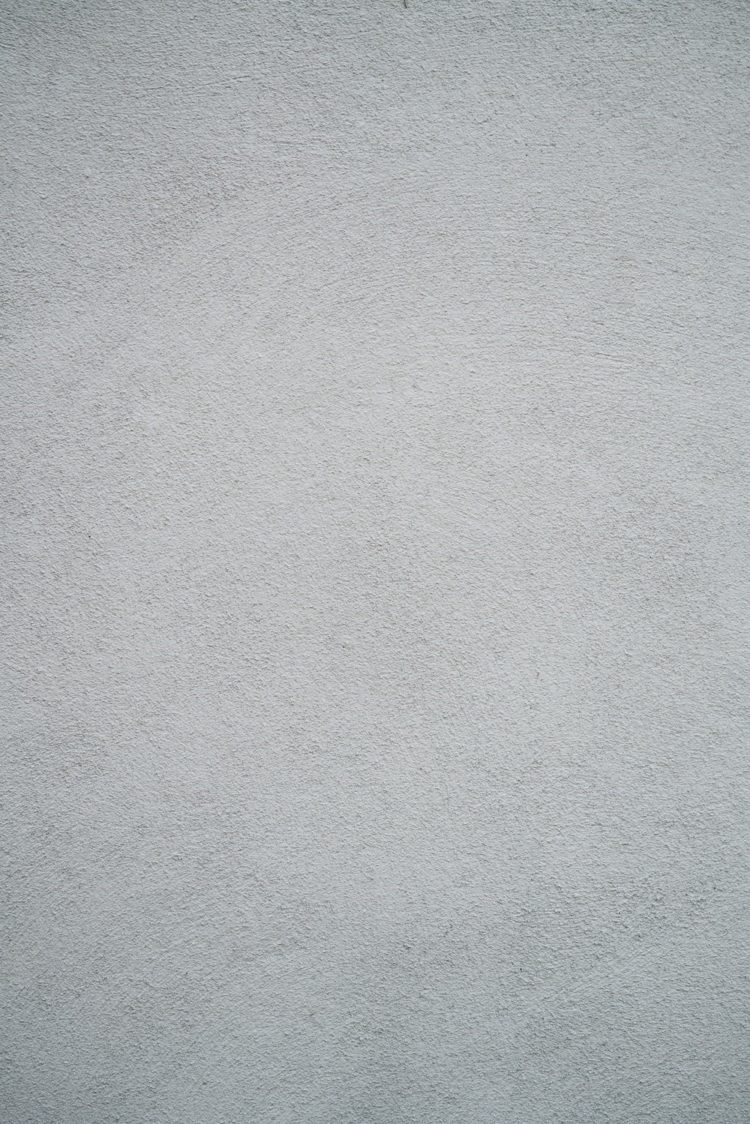
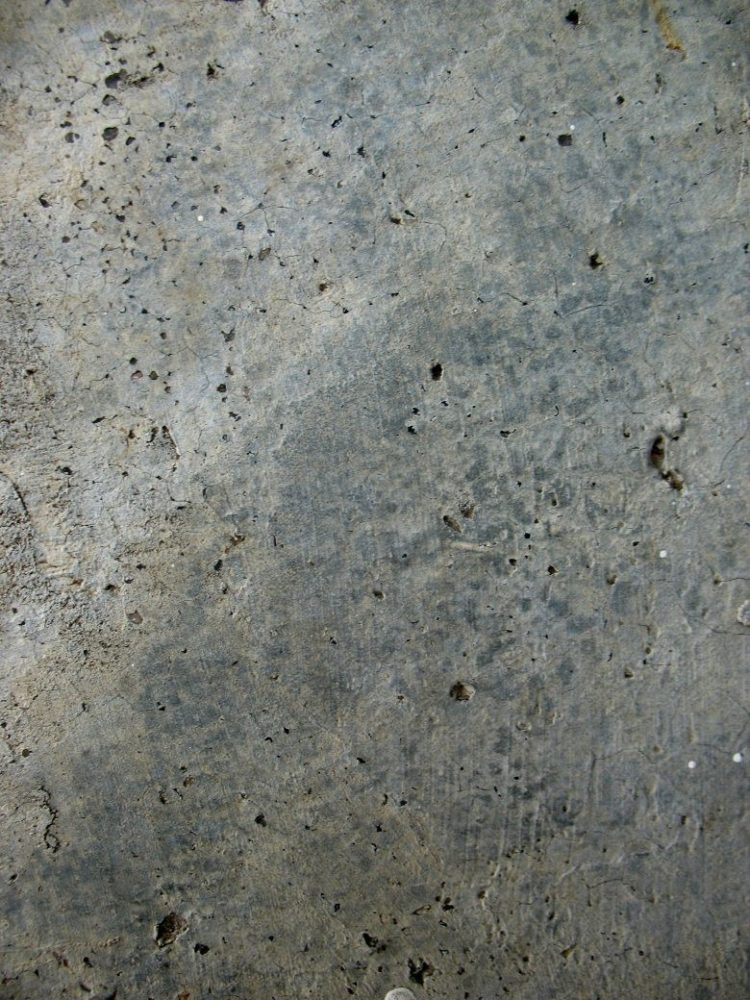
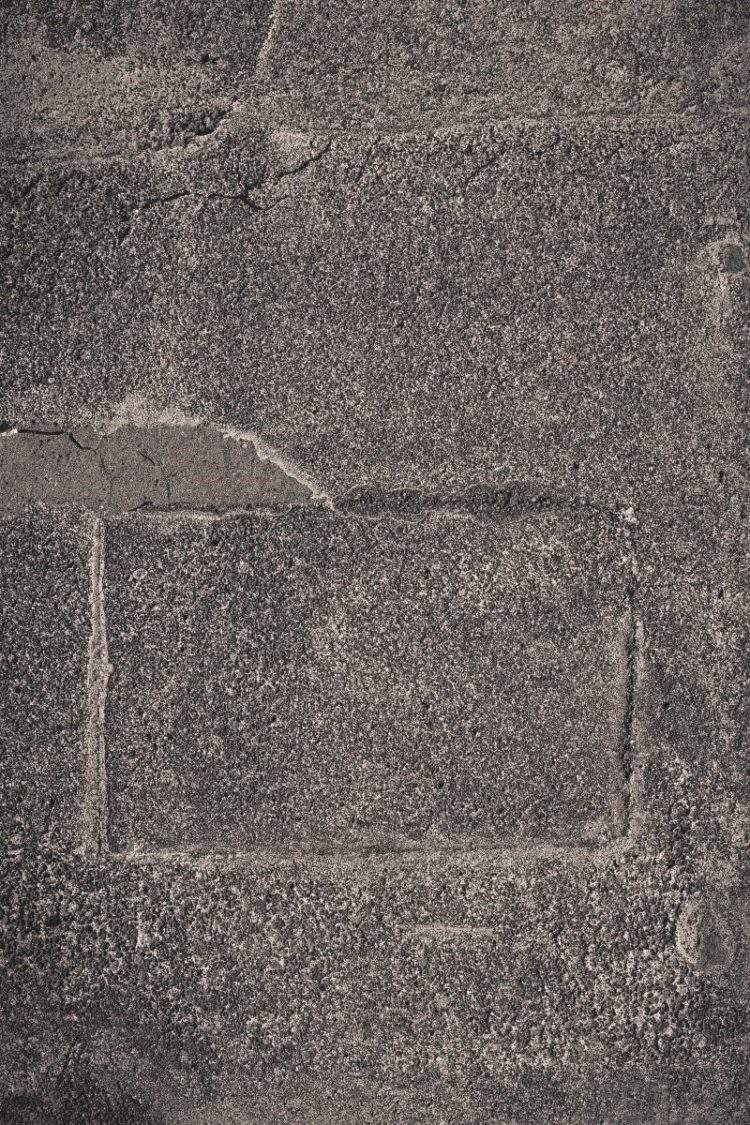
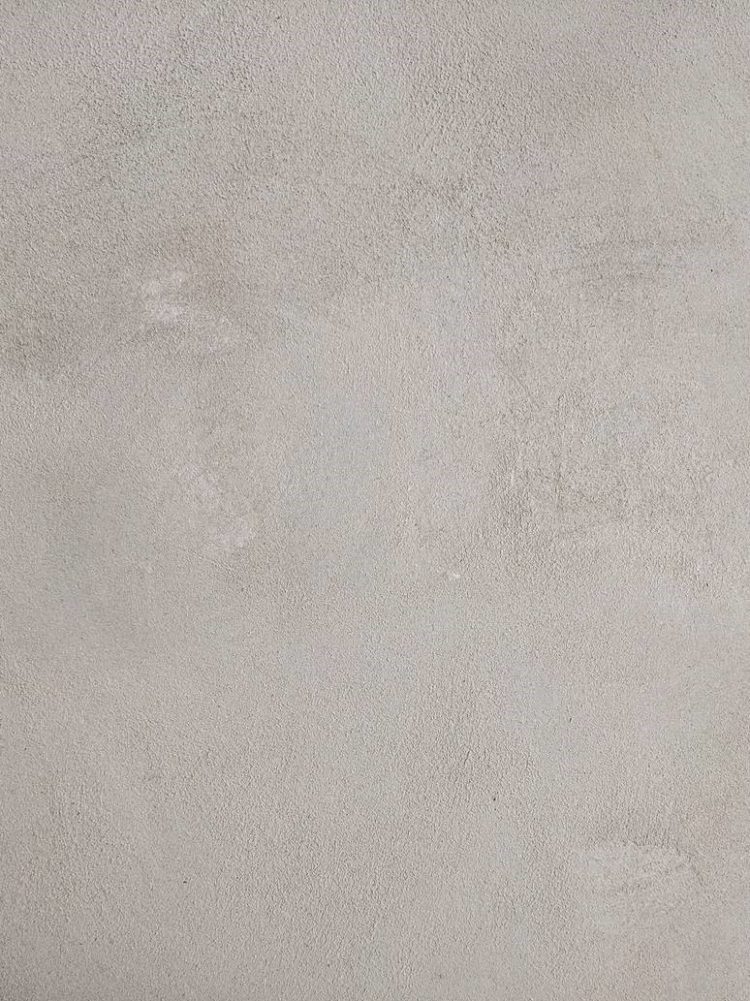
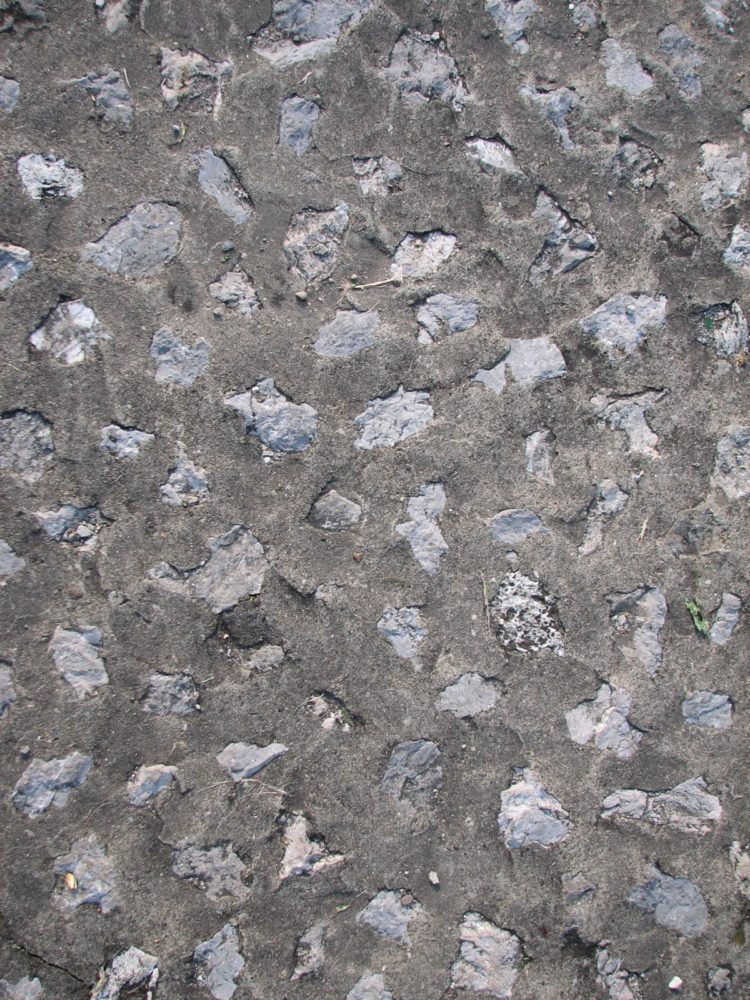
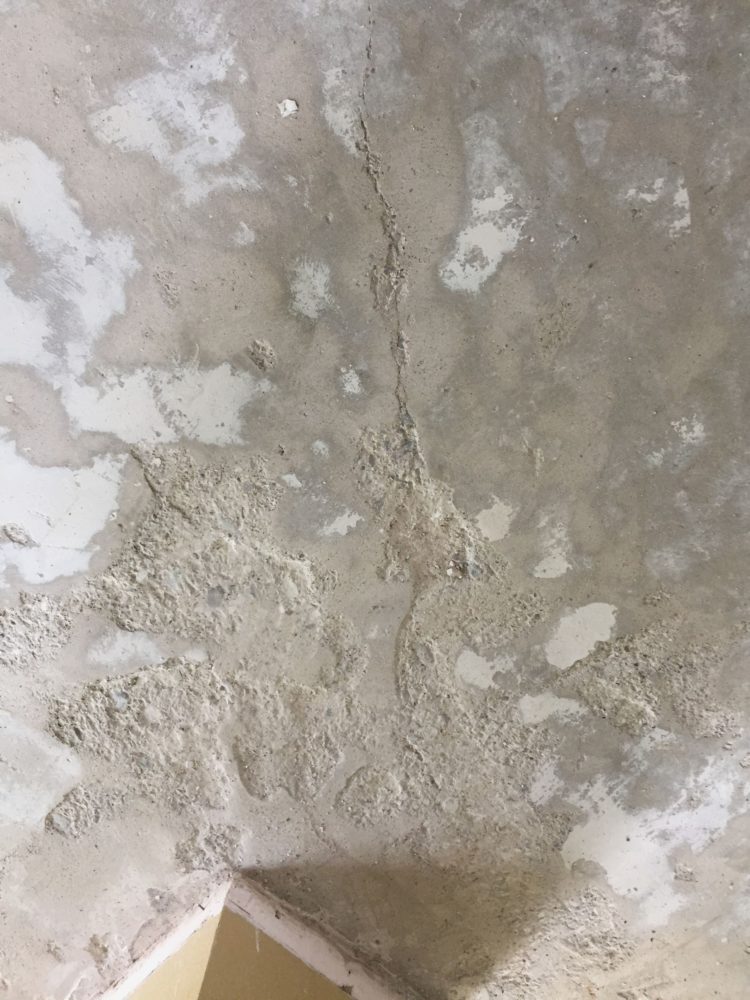
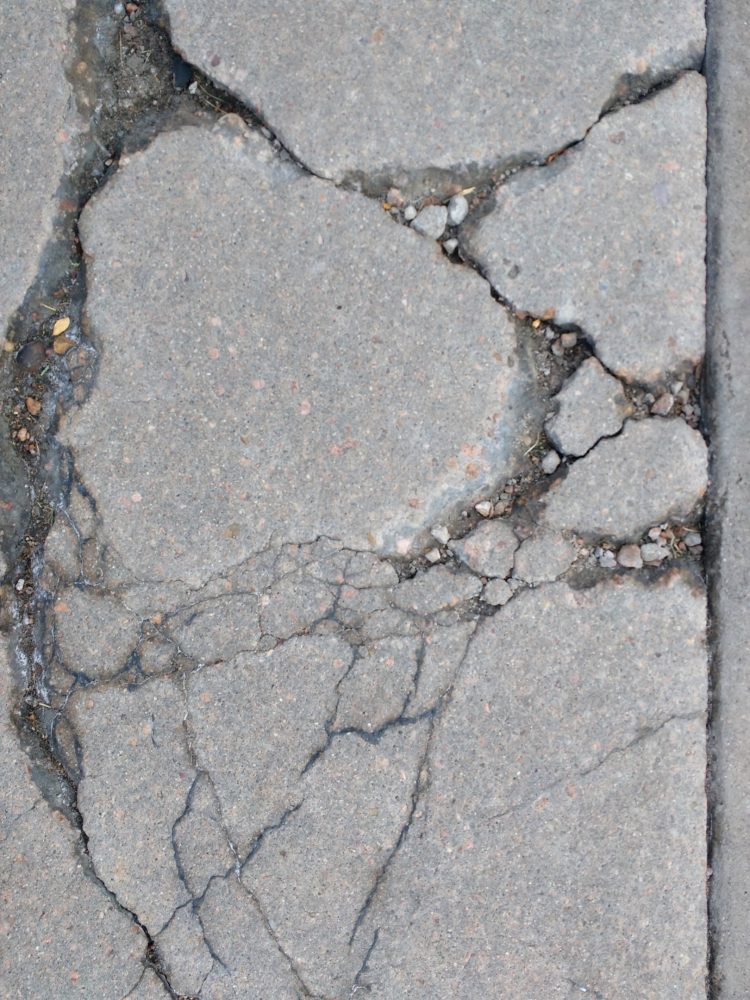
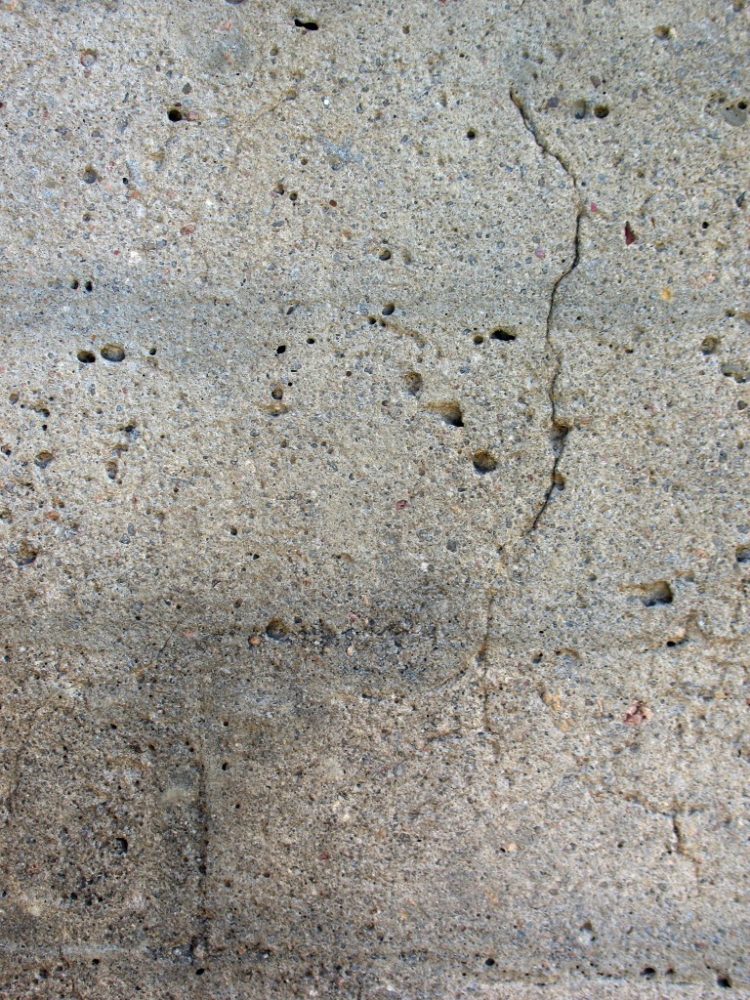
Although sensational in their own right, these style methods have actually greatly given way to a much more contemporary, sleek, and minimalist aesthetic. We’ll give you a run-through of a few different joint-compound techniques if you want cultivating that Mission Rebirth really feel in your house, yet we have actually additionally added a couple of even more existing methods that will certainly fit completely into a modern visual.
1. Fundamental stucco float coating
Fundamental stucco float finish is most typically discovered in Objective Revival, Spanish Colonial, as well as Mediterranean design houses. If you intend to recreate the appearance of stucco without needing to actually place concrete onto the interior walls of your home, you can produce a synthetic stucco do with joint substance (likewise called drywall mud), a sponge, a compound knife, and a bit of paint.
Exactly how to apply basic stucco float finish
Initially, make certain your walls are clean and clear of debris and dirt.
After that, thin down your joint compound a bit (until it’s the appearance of a thick pancake batter).
Use a thin and irregular layer of substance to your wall with your compound blade and then dab it with your sponge to develop a stucco structure.
Once you’ve attained the appearance that you prefer, let it dry as well as apply your paint.
The compound application procedure is incredibly forgiving. If you screw up as well as apply excessive, simply scrape off the compound prior to it dries and try once more.
2. Skip trowel finish
This texture is additionally typically found in Objective Revival, Spanish, and also Mediterranean style homes due to the fact that they imitate tool (or shoelace) stucco coatings. You’re going to need joint compound, a substance knife, a knockdown blade, as well as your paint. A knockdown blade is a handled device with a long, rounded blade. It’s typically located in hardware shops in the Southwest, but you can conveniently locate one online for under $30.
How to use skip trowel coating
Like the standard stucco float surface, you should water down your joint compound prior to you start.
First, use your substance knife to use a really thin layer of substance.
Then, grab a little bit much more compound with your knockdown knife and carefully run it across the base layer. The angle of the knife to the wall surface should cause the compound to “avoid” throughout the surface area, leaving an one-of-a-kind and also varying texture.
The wonderful feature of this coating is that it’s virtually impossible to ruin– the entire point is to help with randomness. It’s expected to look untidy. After your substance dries, it’s time to use your paint.
3. Grasscloth wallpaper
Grasscloth wallpaper works well in residences that have an all-natural or bohemian visual. It can be made from linen, hemp, arrowroot, or raffia. These all-natural wall surface danglings and wallpapers are an excellent selection for the property owner that intends to add a little bit of texture yet does not intend to dedicate to hand-texturing a whole room (or wall). Grasscloth has a gorgeous direct structure that’s frequently applied flat.
The application procedure is very comparable to using standard wallpaper. You can order your grasscloth from a business representative or from a specialty wallpaper shop. It will not come pre-cut, so you’re going to want to suffice to the measurements of your room or accent wall before you use it.
